Exploring New Frontiers For Greater







About PIND 02.
04.
Chairperson & Execu�ve Director’s Annual Message
06. Program Performance
Reducing Conflict, Fostering Peace and Stability Reducing Poverty
Performance breakdown per sector: Aquaculture
Performance breakdown per sector: Cassava
Performance breakdown per sector: Cocoa
Performance breakdown per sector: Palm Oil
Performance breakdown per sector: Poultry
Micro Small and Medium Enterprises (MSMEs) Linkages and Development
FEED THE FUTURE: The Agricultural Extension and Advisory Services (AEAS) Ac�vity
Access to Finance
05. 2022 Results
Facilita�ng Alterna�ve Clean Energy Solu�ons
Suppor�ng Gender Equality and Social Inclusion for Women, Youth, and People with Disabili�es
Gender Equality & Social Inclusion
Enabling Youth Employment: Youth Employment Pathways (YEP)
Empowering Local Civil Society Organiza�ons
Influencing Governments Policies, Programs & Prac�ces
Amplifying Our Message In 2022
41. 2022 In Photos
45.
48. Awards & Recogni�ons
Our Partnerships
Partnership Voices
50. Our Team Board of Trustees
Leadership Team
Interning at PIND
58.
Financial Accountability for 2022
62.
Our Achievements: 2010-2022
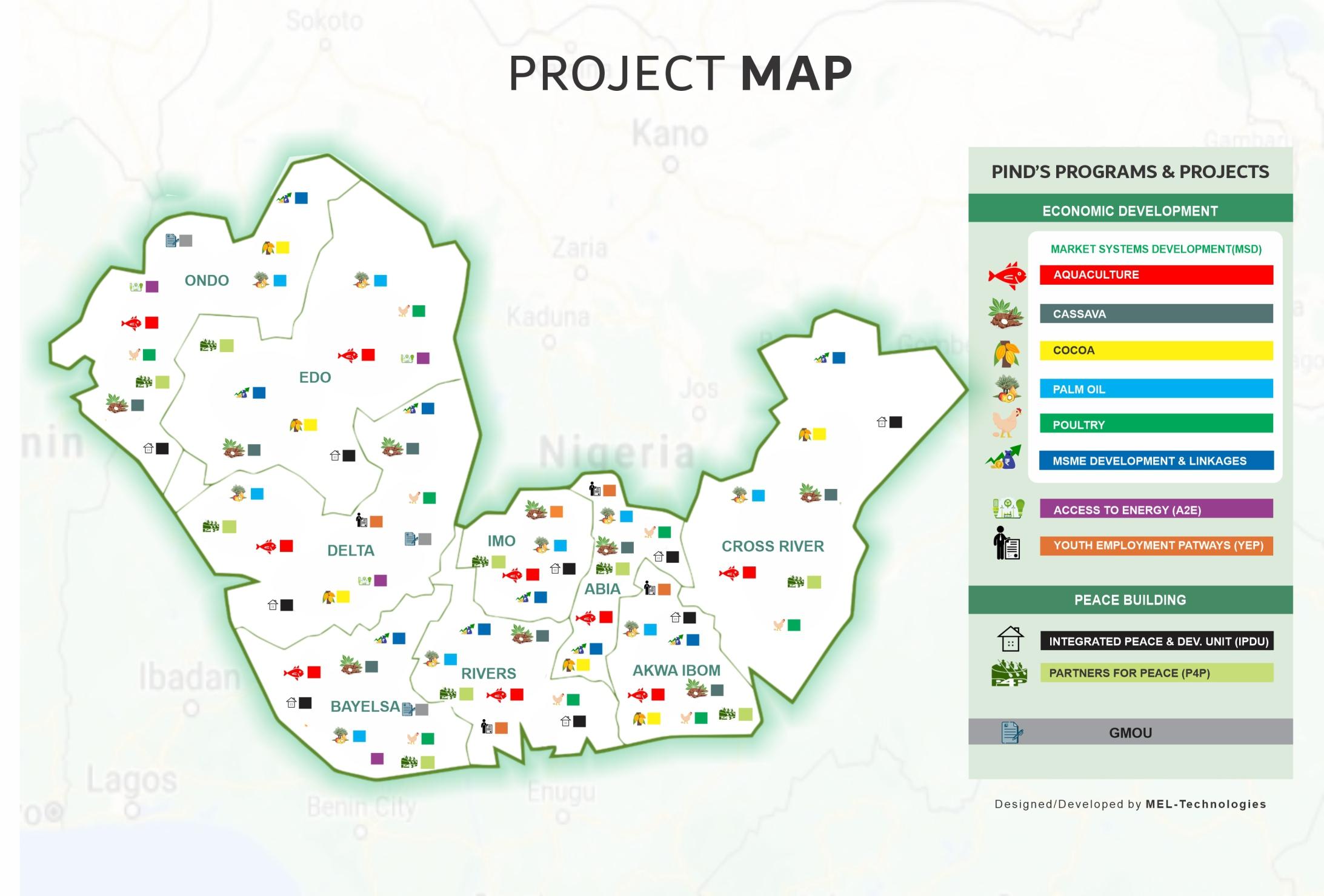
Dear Friends and Partners,
2022 brought us closer to achieving our goal of facilita�ng inclusive economic growth and sustainable peace in the Niger Delta. Our programs have improved livelihoods by inclusively delivering financing, informa�on, linkages, mindsets, skills, technologies, and tools to people across the region. Despite facing daun�ng challenges during the year, such as infla�on, insecurity, global supply chain disrup�ons, flooding, and the lingering impact of the COVID-19 pandemic, we have been impressed with the collec�ve commitment, crea�vity, and resilience of our workforce and partners in remaining produc�ve.
In 2022, we crea�vely sustained trus�ng rela�onships and produc�ve partnerships with our stakeholders, which empowered us to deliver outstanding performance. We leveraged N12.9Bn/USD 31.1 million in investments from the public and private sectors that helped thousands of smallholder farmers and enterprises to implement sound agricultural prac�ces, technological innova�ons, and business improvement solu�ons. These also facilitated the crea�on of over 11,500 jobs in the agro-allied and renewable energy sectors through commercially-incen�vized service providers.
(NDRPS) to harness all the peacebuilding efforts within the region and make them more interdependent and collabora�ve. We also established Prevent Councils within select states to give local ownership to peacebuilding efforts through the tradi�onal leaders, who we have engaged on the councils as influencers and conflict mediators. With the general elec�ons looming in the first quarter of 2023, we leveraged collabora�on and formed partnerships with organiza�ons such as the Fund for Peace to execute our campaign for non-violent elec�ons in the region.
Similarly, we sustained the delivery of our results through our programma�c performance and made good business development gains, key among them being The Bridges Project which was created in partnership with the Ford Founda�on. The project aims to support stakeholders –government and non-governmental organiza�ons, local and interna�onal oil companies, and host communi�es – in managing and administering the Host Communi�es Development Trusts (HCDT) aspect of the Petroleum Industry Act (PIA).
Our drive to expand the visibility of PIND in the development and other sectors saw us a�end high-level events this past year, such as the United Na�ons General Assembly (UNGA 77) in New York, where we were able to market PIND and its programs, thanks to a strategic partnership with Devex. We also par�cipated in the Global Off-Grid Solar Forum and Expo (GOGLA 2022) in Kigali, Rwanda. Our par�cipa�on resulted from our involvement in the Health Electrifica�on and Telecommunica�ons Alliance (HETA) project, a USAID Power Africa ini�a�ve.
community engagement component of the PIA, further scale-up the youth employment pathways project, and work to have more remote Niger Delta communi�es gain access to electricity through the mini solar grids that we promote. We will also be implemen�ng aspects of the Food Systems, Land Use, and Restora�on Impact Program (FOLUR-IP) project for the Food and Agriculture Organiza�on (FAO) of the United Na�ons.Then, as part of our efforts to address youth unemployment and boost agriculture, we will advance efforts to co-create a Youth Cassava Agripreneurs Program with one of our partners.
We will sustain and surpass previous results and successes as we explore and harness new opportuni�es and fron�ers. These include undertaking an impact evalua�on of our programs over the last seven years, and exploring the possibili�es that impact investment can offer in helping to scale up the various models that we have piloted successfully.
This annual report presents our opera�onal and programma�c innova�ons and solu�ons in 2022, the results they generated, and how our work supports the United Na�ons Sustainable Development Goals (UNSDGs) 1, 2, 4, 5, 7, 8, 10, 11, 13, and 16. We thank you for constantly suppor�ng our mission to build partnerships for peace and equitable economic development in the Niger Delta region. Together, we can do even much more.
In advancing our goal to foster peace and stability in the region, we collaborated with the Ministry of Niger Delta Affairs (MNDA) on the development of the Niger Delta Regional Peacebuilding Strategy
We gained impressive showcases, gra�fying recogni�ons and awards, and sustained safety and financial management records. These achievements, among others, indicate that we are on the right track, with the best team and a great mindset.
In 2023, we will con�nue to deliver and advance fron�ers in achieving our vision to foster sustainable peace and development in the Niger Delta region. We will deepen our involvement in suppor�ng the implementa�on of the
Rick Kennedy Chairman, Board ofTrustees Tunji Idowu Executive Director
Tunji Idowu Executive Director

70,325 farmers & micro, small and medium enterprises (36% women) reached on best prac�ces
45,835 farmers & micro, small and medium enterprises (38% women) enabled with improved knowledge, a�tude and prac�ces (KAP) that increased produc�vity
NGN 12.9 billion ($31.1 million) in investments leveraged from the public and private sectors
11,795 new full-�me jobs (42% women) created in PIND-supported sectors
1,233 peace actors (36% women) mi�gated local conflicts using gained skills
1,628 people u�lized PIND’s peace data and analysis products to guide various peacebuilding-related ac�ons
NGN 595.969 million accrued in savings by community users of PIND-facilitated renewable energy solu�ons
NGN 195.1 million raised by local organiza�ons through PIND’s capacity-building support for community responsiveness services
165 new peace actors (43% women) empowered with peacebuilding and conflict management skills
NGN537.13 million in investments leveraged by PIND in energy solu�ons by the public and private sectors
NGN 42.2 million in government spending influenced
N20.95 billion ($50.4 million) in addi�onal income earned by farmers & MSMEs
163 emerging conflicts mi�gated by PIND-supported peace actors in their local communi�es to sustain economic ac�vi�es
2,778 businesses and households gained access to electricity for the first �me
NGN 237.3 million in donor and private sector spending influenced
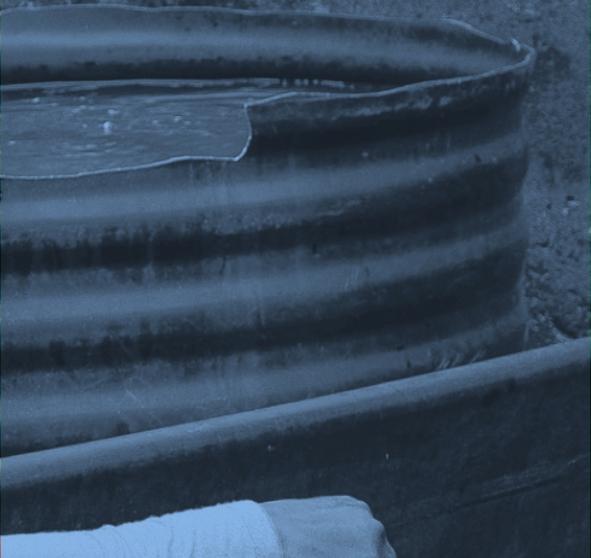
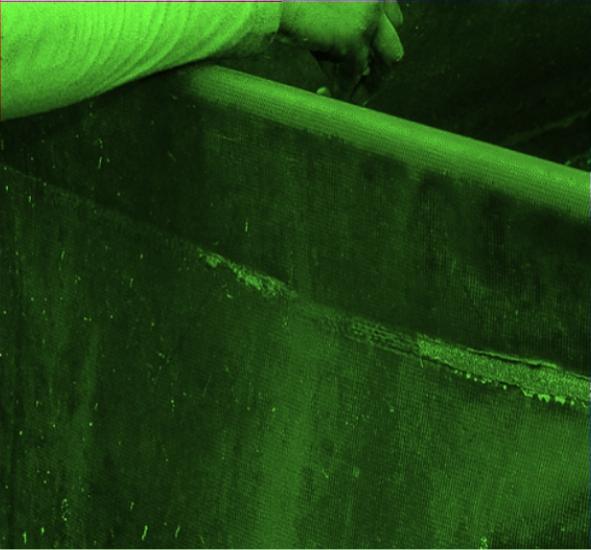


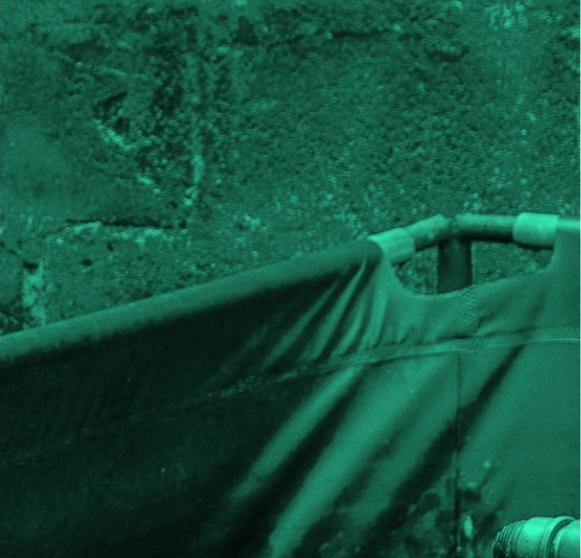


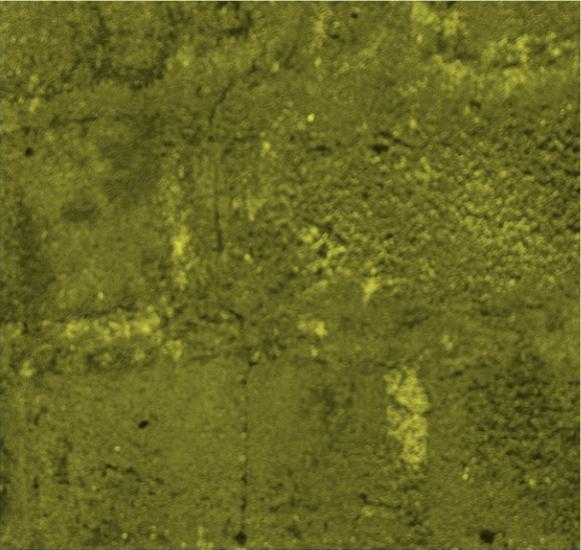

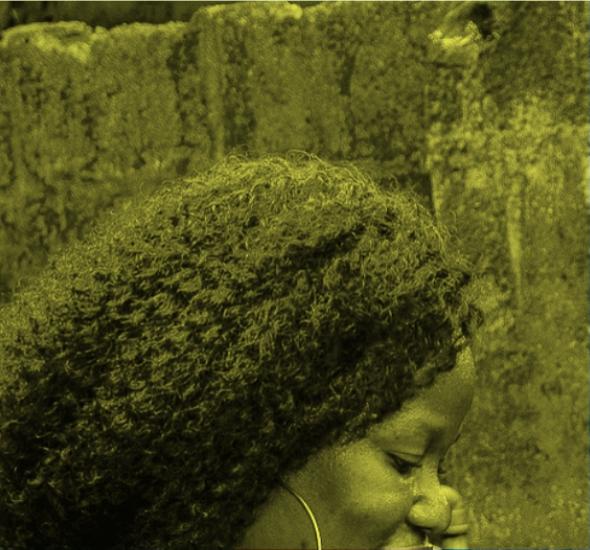
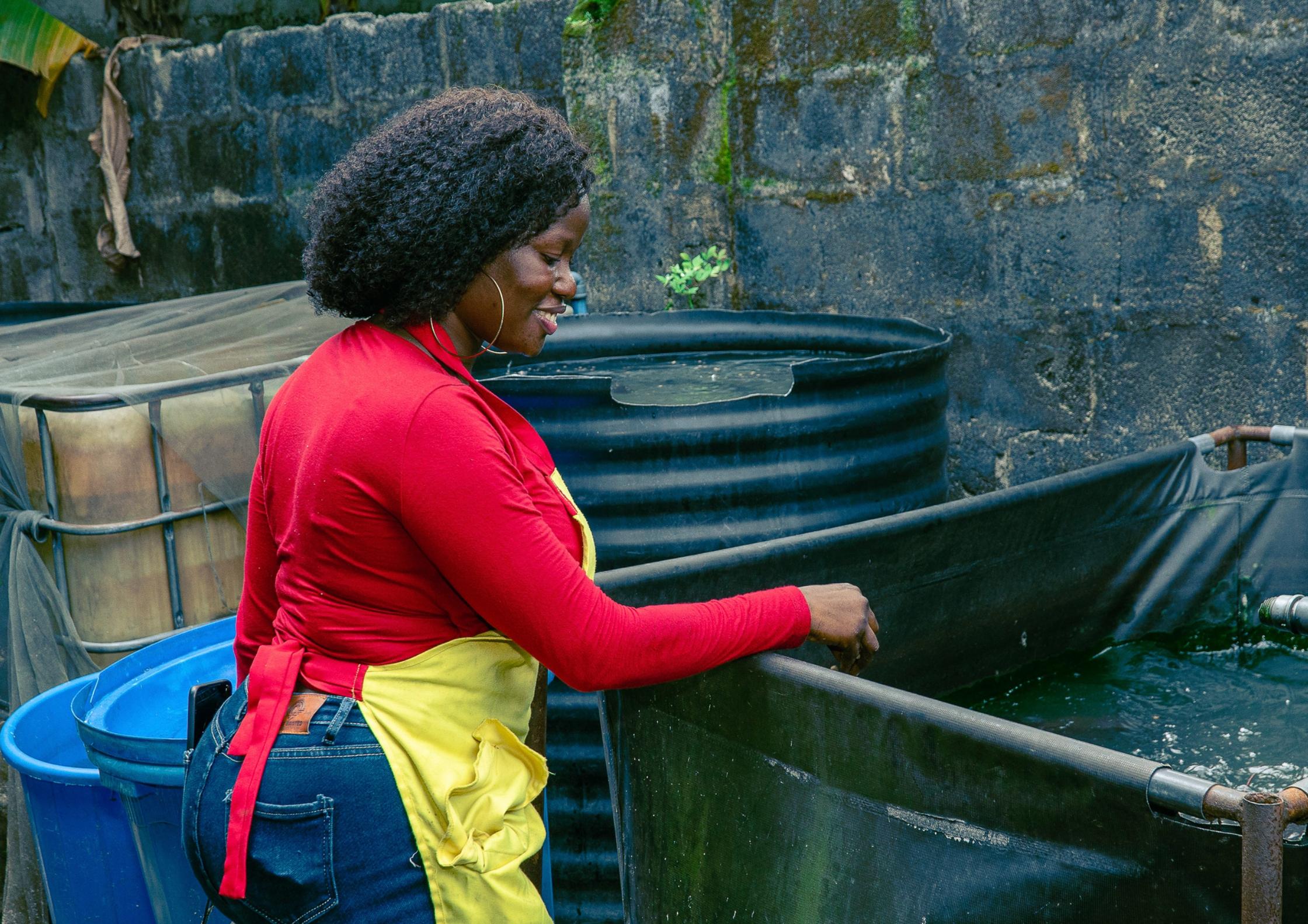
PIND’s Peacebuilding Program focuses on enabling a peaceful environment in the Niger Delta where its people can thrive and experience economic growth. To achieve this, we foster sustainable peace partnerships within the region, create and strengthen exis�ng structures working towards ending and preven�ng conflicts, and provide support for economic development. Our interven�ons are centered around conflict preven�on, conflict management, and peacebuilding through two interrelated projects: the Integrated Peace and Development Unit (IPDU) and the Partners for Peace (P4P) Network. We u�lize conflict early warning, research, and data analysis products to catalyze proac�ve responses to prevailing and emerging conflict risk factors and drivers of instability in the Niger Delta. The Peacebuilding Program contributes to the United Na�ons Sustainable Development Goal (UN SDG) 16 of peace, jus�ce, and strong ins�tu�ons.
In 2022, we con�nued to support the P4P Network and its almost 11,000 peace actors by strengthening their capaci�es to tackle conflicts within their communi�es. These peace actors also have access to and provide data for PIND’s conflict monitoring

resources such as the Early Warning Early Response (EWER) pla�orm and the Peace Map, which other local peace actors, security and government agencies, and private organiza�ons ac�vely use. Almost 2,000 stakeholders u�lized PIND’s peace data and analysis during the repor�ng year. Meanwhile, 1,233 P4P peace actors mi�gated 163 emerging conflicts in their communi�es, helping to contribute to reduced conflicts within the region and helping to change its narra�ve.
While we con�nued strengthening exis�ng peace structures, PIND also focused on crea�ng new ones through strategic partnerships and encouraging community ownership. In June, we set up the Niger Delta Peace Champions, a network of young people (from 18 to 35 years), passionate about making a difference in their communi�es through peacebuilding. These Peace Champions received capacity-building training in peacebuilding, conflict resolu�on, and management and how to provide data to and u�lize the EWER pla�orm. Their ac�vi�es are complementary to those of the P4P Network.
In July, PIND signed a memorandum of understanding (MOU) with the Ministry of Niger Delta Affairs (MNDA) to develop a regional peacebuilding infrastructure that will consolidate the ac�vi�es of all peacebuilding stakeholders in the region to address conflict and security issues. In October, PIND & the MNDA formally advanced work on the Niger Delta Peacebuilding Strategy (NDPRS) and inaugurated a technical working group (TWG) to design and implement the strategic document. PIND and the MNDA lead the TWG, which includes representa�ves from Akwa Ibom, Delta, Bayelsa, Edo, Ondo, Imo, and Abia States.
Over the years, the IPDU and the P4P have amplified the efforts of local peace agents and worked with them to respond in a more coordinated and targeted manner to the rapidly changing conflict dynamics in the region. Interes�ngly, some of these peace agents have been tradi�onal rulers who apply their wealth of ins�tu�onal experience to manage communal and local conflicts. To consolidate this cri�cal role tradi�onal rulers (community chiefs) play as conflict mediators and posi�ve influencers at the grassroots level, PIND ini�ated Prevent Councils. The central goal is strengthening community peacebuilding structures by engaging tradi�onal rulers as posi�ve influencers and conflict mediators.

In December, the Prevent Councils were inaugurated in three states: Akwa Ibom, Delta, and Cross River, to address the ongoing communal and land boundary disputes that had nega�vely impacted the socio-poli�cal and economic livelihood of residents in several communi�es in those states. Each Council includes prominent tradi�onal rulers from communi�es and local government areas (LGAs) iden�fied as hotspots of communal land and boundary disputes, the chairman of the Council of Chiefs in each of the three target states as a neutral third party, three religious leaders, and a recognized woman leader. Other members are two representa�ves of the relevant security agencies (the police and the Nigeria Security and Civil Defence Corps), a re�red senior security officer, the chairman of the State Youth Council, a representa�ve of the State Boundary Commission, and the chairman of the Prevent Commi�ee of P4P that serve as the secretariat. Members received capacity training on responding to iden�fied precursors of violence and instability within and around their communi�es and collabora�ng with other stakeholders at the state, local, and community levels to mi�gate them.
Overall, PIND’s peacebuilding efforts are geared towards preven�ng violence to resolve conflicts, reducing fragility as a breeding ground for violence, and crea�ng opportuni�es for long-term development. Since conflicts are a natural part of the social change

processes for sustainable development, PIND relentlessly promotes a culture of peace by providing relevant data for early response and facilita�ng collabora�ve efforts for implemen�ng conflict management and peacebuilding interven�ons.
PIND engaged me as a consultant to set up the Prevent Council in Cross River State. The project aims to establish tradi�onal rulers as posi�ve influences and conflict mediators within their communi�es by empowering them with the requisite skills to respond to conflict drivers in collabora�on with other stakeholders at the state, local, and community levels.
The terms of reference iden�fied five communi�es where the project will take place: Yakurr, Obubra, Biase, Ikom, and Odukpani. However, based on my experience as a conflict mediator and being na�ve to the area, I understood the issues. I pushed for the addi�on of one more community. My overall goal was to save lives, as I knew that the region desperately needed a peacebuilding interven�on in this form.

At our introductory visits to the kings and chiefs of these communi�es, we were warmly welcomed, and the project was received as a long overdue ini�a�ve. The tradi�onal leaders cooperated with us, and we trained them on peacebuilding, conflict sensi�vity and management, and PIND’s early warning-early response (EWER) system.
Early feedback we have received from them shows they have been applying the knowledge they have acquired. The tradi�onal leaders praised the skills they have received as it has worked well in resolving communal disputes without input from the local government.
PIND’s efforts complement those of the government, and in some cases, PIND is doing more than the government. I want to thank PIND for what they have done, for giving us more hope in Cross River, and for crea�ng an enabling environment for the Prevent Council.
Raphael Offiong Conflict Resolu�on and Management Consultant Cross River State“PIND’s efforts complement those of the government”
As a member of the Prevent Commi�ee in my state, I took part in a PIND training on resource mobiliza�on. This training has helped me in managing my NGO, Neserok Development Ini�a�ve. I learned how to access and maximize readily available resources, whether cash or kind.
At Nsereok, we are working towards raising a society of young who ac�vely par�cipate in government and governance. We want young people to understand early on that dialogue is be�er than carrying guns. We are part of the open government partnership (OGP) in Delta State, and we go to schools to teach students the basic principles of OGP. The goal is for them to understand OGP even as they become leaders.
With the 2023 elec�ons approaching, we carried out capacity-building training for youth and women on conflict preven�on and resolu�on. Apart from my work through Neserok, as a P4P member, I also apply my peace-building skills within my community. When there are clashes between farmers and herders, I will mi�gate them. In one of these incidents, a�er media�on, the Fulani herdsman replaced the farmer’s broken cassava stems with fresh ones.
Ayo Oko�e Subchapter Coordinator, P4P Network , Ughelli South LGA Delta StateWhen PIND came to my community, Sagana, in Brass Local Government Area, to facilitate the installa�on of a solar refrigera�on hub, we also received peacebuilding and conflict management training that helped us to resolve an exis�ng intercommunal dispute.
We were at war with a neighboring community, Igbematoro, over boundary lines. An armed militant had ini�ated the conflict by se�ng up a flag and sign boards in some parts of our community, claiming it for Igbematoro. The situa�on was so bad that residents from each community stopped visi�ng the other. We did not fetch water or fish from their streams; they avoided ours too. The situa�on However, a�er PIND’s training, we ini�ated peace talks and resolved our issues. These days, cordial rela�ons have resumed between both communi�es.
Noel Ikonikumo Fishing Union Chairman, Sangana Community, Brass LGA Bayelsa StateWhile farming, a Mbano woman was beheaded, and her aggrieved rela�ves accused her husband’s family of killing her. The dispute escalated to the point of threatening the peace within the community. We intervened and visited each warring party to understand their grievances. We then spoke to them about the need for peace and pointed out the toll it took on the en�re community. We also explained how sustained conflict could lead to even more deaths without solving the problem or restoring lost life. Our interven�on succeeded as the two families agreed to pursue peace and let bygones be bygones.
Apart from media�on, we also carry out peacebuilding training in communi�es as a conflict preven�on and mi�ga�on measure. In 2022, we held this training in about five local governments in Imo state: Mbaitoli, Okigwe, Onuimo, Ahiazu Mbaise, and Isiala Mbano. We maintain rela�onships with these communi�es even a�er the training to get feedback on their progress and to support them when necessary.
PIND has also been of great help to the P4P. We can carry out these interven�ons and step-down training with PIND’s support.
Tina Anya Member, Central Working Commi�ee, P4P Network, Imo StatePIND has also been of great help to the P4P
NGN 12.6 billion invested by public and private sector market actors
70,325 farmers reached with informa�on on best prac�ces, improved technology and quality inputs
45,835 farmers earned es�mated income change of N20.95 billion

11,330 new jobs
In 2022, the project focused on further strengthening the adapta�on strategies developed by its network of market actors to increase its reach to 69,500 addi�onal farmers and micro, small, and medium enterprises (MSMEs), out of which 46,055 were expected to increase their incomes. It con�nued its work with service providers and other key market actors (fabricators, agricultural input and equipment companies, farmers’ associa�ons, financial ins�tu�ons, etc.) to improve the performance of farmers. By the end of the year, 70,325 farmers (101% of the annual target) were reached with informa�on on best prac�ces, improved technologies, and quality inputs by PIND and its service providers. Almost 45,900 farmers adopted these best prac�ces, invested in quality inputs and technologies, and earned an es�mated net a�ributable income change of N20.95 billion. Overall, ₦12.6 billion was invested in our MSD value chains by public and private sector actors, including farmers and MSMEs, and more than 11,000 jobs were created.
PIND’s Market Systems Development project supports farmers and small enterprises in key agricultural sectors in the Niger Delta to improve their produc�vity, increasing income and reducing poverty. The project u�lizes the market systems development approach that relies on a sound analysis of market systems to pinpoint the underlying causes of market weaknesses to inform the design and implementa�on of interven�ons that address the underlying causes, rather than symptoms, of market failure. To ensure the sustainability of PIND’s interven�ons, PIND anchored the interven�ons on a service providers’ model that equips local service providers with the right skills, tools, and connec�ons to sustainably provide viable market solu�ons that address the root causes of poor performance by farmers and enterprises in the region. The project contributes to the UN SDGs 1, 2, and 8: reducing poverty, zero hunger through food security, and ensuring decent work and economic growth for farmers in aquaculture, cassava, cocoa, palm oil, and poultry. These sectors represent the most viable agricultural value chains in the Niger Delta.
NGN 3.37 billion invested by market actors in the value chain
4,218 farmers reached with informa�on on best prac�ces, improved technologies and quality inputs
1,774 farmers earned es�mated income change of N1.28 billion
1,629 new jobs created
PIND's interven�ons in the Niger Delta aquaculture sector began in 2014 a�er iden�fying a significant efficiency and produc�vity constraint to fish farmers in the region: a lack of access to improved services. We then developed a services market by training and working with aquaculture service providers who help farmers by providing them with knowledge on best fish farming prac�ces, improved processing technology, quality inputs, market, and finance. We also collaborated with input companies, fabricators, and other market actors to achieve the same goals. In par�cular, PIND supported selected hatchery operators to produce and promote quality fish seeds for farmers. The ASPs, however, have con�nued to be the key drivers of these interven�ons.

In 2022, eight years a�er pilo�ng the project and scale-ups, PIND no�ced a systemic change within the aquaculture sector that proved our interven�ons' success, as farmers, processors, and service providers con�nued to seek out and adopt innova�ons while recording increasing efficiency, produc�vity, and income. Based on this, we decided to refocus our ac�vi�es: from suppor�ng the sector at the field and produc�on levels with knowledge about improved prac�ces and innova�ons, etc., to boos�ng business knowledge and opportuni�es in the sector through our MSMEs interven�ons.
This change in direc�on began in the fourth quarter of the year. However, prior to this, from the first to the third quarter (January to September), our ASPs had provided the usual support, and 4,218 farmers received improved knowledge of best prac�ces, new technologies, and quality inputs. About 1,800 of these farmers recorded an es�mated income change of N1.28 billion. Overall, in 2022, market actors in the aquaculture value chain invested N3.37 billion in the sector, crea�ng about 1,700 new jobs.
I heard about PIND in 2012, but my first encounter with the Founda�on was a few years later while working with a partner NGO in the aquaculture program. I had just graduated from university and sought employment in the oil and gas industry.

When I decided to start my small business, some of the challenges I faced were having a poor business structure, an inability to provide business services to other farmers, and providing paid training to farmers. The farmers didn't want to work with me or pay for my services because I wasn't a popular name in the sector. I then reached out to PIND, and with its support, I have seen an increase in my client base and visibility, especially in 2022.
A�er receiving training on best farming and business prac�ces, I could adequately pass down my knowledge. The aquaculture farmers we have trained have changed their business structure and are seeing increased profits. I understand PIND's vision of building best prac�ces in the sector with the market systems approach to make the market work for lowincome people. It's about more than just making money but also about crea�ng impact.
A few years ago, we met a farmer who had given up on the aquaculture sector and trained him on best prac�ces. Even now that he is re�red, his farm s�ll runs smoothly and is a source of income for him. He has trained other farmers in his community who are also succeeding in aquaculture.
I want PIND to con�nue teaching the market systems approach to more farmers, especially those affected by the economic crisis in the country. Showing them a working system would give hope to more farmers.
Daniel MogborokoMarich Agro Delta State
It’s Not All About Making Money But Also About Crea�ng Impact
“Showing them a working system would give hope to more farmers”

Summary of Outcomes:
NGN 1.46 billion invested by market actors in the value chain
25,332 farmers reached with informa�on on best prac�ces, improved technologies and quality inputs
17,158 farmers earned es�mated income change of N6.01 billion
1,658 new jobs created
One of PIND’s major interven�ons in the Niger Delta cassava sector is improving the quality of cassava seeds and roots to ensure their viability as an export crop on the interna�onal market. To this end, in 2020, we partnered with the Interna�onal Ins�tute for Tropical Agriculture (IITA) and the Na�onal Root Crops Research Ins�tute (NRCRI) on a project tagged Building an Economically Sustainable, Integrated Cassava Seed System II (BASICS II), funded by the Bill and Melinda Gates Founda�on. Under this project, Niger Delta cassava farmers can access highyielding, disease-resistant, and disease-free improved cassava seeds. To ensure the sustainability of this access by establishing a viable cassava seed system, BASICS II created the Cassava Seeds Entrepreneurship Program. With PIND’s support, in 2020 and 2021, 130 cassava seed entrepreneurs (CSEs) from Abia, AkwaIbom, Cross River, and Delta States were trained, cer�fied, and onboarded into the Na�onal Network of Seed Entrepreneurs (NNSE). These CSEs were supplied with improved varie�es of founda�on stems from the Na�onal Root Crops Research Ins�tute (NRCRI), which they, in turn, a�er cul�va�on, were expected to make available to other farmers along with the training they had received.

In 2022, while we con�nued to oversee the progress of the CSE program and the expansion of the cassava seed system, we expanded our collabora�on with BASICS II by working to establish out-grower schemes in Imo and Edo States. By May, an out-grower was established in Ukwuoma, Imo State, on a 33-hectare farm through the financial support of PIND’s finance intermedia�on partner, Sombreiro Kapital (SK), in collabora�on with Sterling Bank. The cluster farmers were beneficiaries of PIND who had received training in good agricultural prac�ces from our partner farmer services providers (FSP) and were expected to make a high yield. To that effect, De United Foods Industries Limited (Dufil) was engaged as the primary off-taker/processor for the scheme. The out-grower scheme in Edo, however, which was proposed on a 1,000-hectare farm, remained in progress by the end of the year.
Overall, PIND interven�ons in the cassava sector are focused on ensuring increased produc�vity and income for all market actors in the value chain. Since 2015, we have facilitated linkages among farmers, agro-dealers, and input companies to enable farmers to access quality inputs (seeds, herbicides, fer�lizers, machinery, etc.), improved technology, and profitable markets. In collabora�on with agro-dealers and input companies who sell/ manufacture products that boost produc�vity and yield, PIND and its partner FSPs organize demonstra�ons and training for farmers to encourage the use of the products. Par�cipa�ng farmers and agro-dealers have reported increased output and sales, respec�vely. The FSPs also provide farmers with informa�on and training on good agricultural prac�ces for maximum yields, such as be�er land prepara�on, correct applica�on of fer�lizers and herbicides, proper stem handling, and recommended spacing for plan�ng and adop�on of improved varie�es.
At the end of 2022, 25,332 cassava farmers (41% women) benefited from these training and demonstra�ons. Over 17,000 of these farmers, cumula�vely, recorded a net income change of N6.01 billion. About N1.5 billion was invested into the sector by farmers and other market actors, and 1,658 jobs were created.

Before I met PIND, I was an agro dealer selling a few containers of herbicides from my home to people in my compound. I discovered PIND through a training workshop with CARA Founda�on. PIND facilitators encouraged me to start contac�ng farmers directly and telling them what I sell. They also advised me to train the farmers in good agricultural prac�ces.
A�er several training workshops with PIND and CARA Founda�on, I gained the confidence to expand my business. Between 2020 - 2022, I have trained more than 5,000 farmers. The PIND approach has increased my income tremendously and changed my business's en�re structure. From my house, I have moved to own various shops besides the consultancy I do for farmers.
PIND has made me a household name in the cassava sector in my community. Helping Bayelsa farmers increase their yield earned me the nickname "The Cassava Doctor."
I want to say thank you. PIND has impacted my life and the lives of the farmers in my community. PIND is the reason for my success, and I will say that everywhere I go.
Bari Endurance (PIND’s farm service provider in the cassava sector)
The Cassava Doctor Bayelsa State
A�er I re�red from being a school principal for 35 years, I decided to become a farmer. I was introduced to PIND by another cassava farmer who had worked with PIND and seen tremendous improvement in his farm. He invited me to a�end a training they organized in Akwa Ibom. Seeing that I had just started farming, it was impac�ul to learn that it was possible to succeed and make a living only from agriculture. I networked with other experienced farmers and made valuable connec�ons.
Before the training, my challenges included a need for be�er farming techniques to manage the farm and funding. My technical skills have improved, and my produc�vity has increased. I pass on that same knowledge to farmers in my community so they can increase their yield.
PIND’s approach showed me how vital good techniques are to improving produc�vity.
My Technical Skills Have Improved, And My Produc�vity Has Increased
NGN 736.97 million invested by market actors in the value chain
12,953 farmers reached with informa�on on best prac�ces, improved technologies and quality inputs
9,087 farmers earned es�mated income change of N2.86 billion
1,331 new jobs created

Like with other sectors under PIND's MSD project, cocoa interven�ons aim to ensure that farmers adopt good agricultural prac�ces and have access to improved technologies and inputs (seeds) that will boost their produc�vity and yield. Another goal is to ensure that the farmers' harvests are of high quality and standard, making them viable and compe��ve in high-profit markets. We carry out our interven�ons in the five cocoa-producing states in the Niger Delta: Abia, Akwa Ibom, Cross River, Edo, and Ondo.

A significant constraint for farmers in Nigeria is the need for more access to quality seeds. PIND adopted a strategy similar to the Cassava Seed Entrepreneurs program to overcome this. Partnering with the Cocoa Research Ins�tute of Nigeria (CRIN), we created a process to strengthen the sector's seed produc�on, distribu�on, and marke�ng systems by suppor�ng and cer�fying commercial cocoa seed nursery operators.
In 2021, PIND and CRIN trained 31 nursery operators in seed handling and best nursery management prac�ces across the five cocoa-producing states and helped them establish seed nurseries using CRIN's quality, high-yielding cocoa seeds. In 2022, these nursery operators were assessed for compliance with the standard nursery prac�ces and protocols. Seventeen passed the assessment and were then cer�fied and licensed by CRIN. The cer�fica�ons boost their credibility and contribute to expanding the network for the distribu�on of quality seeds, thus improving access for small-holder farmers.
In recogni�on of its contribu�on to Nigeria's cocoa sector's growth, CRIN nominated PIND to serve on the Cocoa of Excellence (CoEX) Na�onal Organizing Commi�ee. The commi�ee would oversee Nigeria's par�cipa�on for the first �me in CoEx 2023, a global pla�orm that recognizes, preserves, values, and promotes cocoa quality.
In 2020, to encourage farmers and off-takers to address the issues associated with poor-quality cocoa beans, PIND had devised an incen�ve-based model for quality improvement. This model mirrored the cocoa cer�fica�on program and was built around the offer of a premium price of 1% to 1.5% on each kilogram of good-quality cocoa beans, thus ensuring a win-win business rela�onship between farmers and buyers. The model s�mulated the adop�on of good agricultural prac�ces, modern produc�on and post-harvest technologies, and pes�cide residue management to reduce the amount of pes�cide residue on cocoa beans. PIND then partnered with four off-takers (Subjugate Nigeria Ltd, Nivik Investment, Abbico Ltd, and Sunbeth Global) in the Rainforest Alliance Cer�fica�on program to support farmers in adop�ng these game-changing processes. By 2022, 3,500 Ondo and Edo States farmers had par�cipated in the program.
Specifically, in 2021, PIND and Nivik Investment, an exporter based in Ondo state, supported 1,502 (including 317 females) farmers to implement the pilot quality improvement model. An assessment in Q3 and Q4 2022, out of the 1,502 farmers, 1,260 (including 257 female) farmers adopted the prac�ces, supplied 1,667 metric tons of cer�fied cocoa beans through Nivik to Touton (a global cocoa buyer) at a premium price of N18.50 per kilogram/N18,500 per ton of quality cocoa beans (equivalent to 1.5% of the current market price) and earned over N30.8 million as net a�ributable income.

Throughout the repor�ng year, PIND con�nued to work with export companies, coopera�ve groups, nursery operators, and FSPs to organize training and demonstra�ons for established and new farmers in the sector. Almost 13,000 farmers received informa�on on best prac�ces and innova�ons, with over 9,000 adop�ng them to increase their income by N2.87 billion. About 1,400 jobs were created, and more than N736 million was invested in the sector.
I was a teacher before I ventured into cocoa farming because of advice I received from my friends. They said there was money to be made from farming. I am part of a coopera�ve in my community, and we meet regularly to discuss farming and share knowledge. I first learned about PIND from a fellow farmer who a�ended a PIND-facilitated seminar in Delta State. He said par�cipants were introduced to a new cocoa variety and taught how to plant it. He said, as a new farmer, it was be�er to adopt the new method. I was skep�cal because I was unsure if the new variety would thrive in our soil. Then I became interested when he told me the new seedlings would produce cocoa pods a�er two years. So, I visited his farm to see for myself.
Then PIND held a workshop in my community, and we were taught different innova�ve farming techniques such as how to apply fer�lizers, plan�ng in three-bythree meter rows, proper pruning methods, etc. A�er plan�ng the new varie�es and using the techniques, my yield increased.
PIND also linked us to big buyers who come to buy our produce right a�er harvest. Thanks to PIND, we are doing well and spreading the good news.
Ojubamire Osagie Cocoa farmer Edo State
NGN 1.37 billion invested by market actors in the value chain
14,085 farmers reached with informa�on on best prac�ces, improved technologies and quality inputs
11,408 farmers earned es�mated income change of N5.93 billion

874 new jobs created
PIND’s interven�ons in the palm oil sector focus on s�mula�ng best management prac�ces (BMPs) among farmers and improving access to palm oil seedlings to increase the produc�vity and income of farmers and small processors in the region. The interven�ons are driven by agro-dealers, fabricators, input companies, and palm seed nursery operators and producers who have the incen�ves to provide a range of services and products that improve the produc�vity of farmers and processors. In previous years, our interven�ons included s�mula�ng harves�ng technologies and improved processing equipment.
In 2022, to support farmers’ and market actors’ adop�on of best prac�ces, PIND linked them to financial ins�tu�ons to access loans for inputs and equipment. We also facilitated the business growth of seed producers and nursery operators by organizing capacity building on business management, climate-smart nursery management, a�ersales services, and nursery record keeping. These workshops also served as networking forums and helped strengthen the coordina�on and collabora�on among the par�cipants.
We con�nued to work with seed-producing companies to expand the distribu�on of quality seeds to more farmers in the region. We supported nursery operators’ promo�onal ac�vi�es to increase awareness and demand for improved seeds. To track the adop�on of improved seeds, processing, and harves�ng technologies, we monitored the ac�vi�es of nursery operators, equipment sellers, and fabricators.
Overall, in partnership with agro-dealers, FSPs, and lead farmers, PIND reached over 14,000 oil palm farmers and processors with informa�on and support on best prac�ces and new technologies. Almost 11,500 recorded increased income of N5.93 billion. About N1.4 billion was invested in the sector by market actors, and 874 new jobs were created.
PIND trained me as a nursery operator to iden�fy oil palm seeds that are not viable for plan�ng. From the nursery stage, I can now iden�fy seedlings that would not be viable for plan�ng and sort them out properly before taking them to the farm. The PIND approach has also exposed my organiza�on to cri�cal actors and stakeholders in the oil palm sector and provided us access to markets and innova�ve technologies such as mechanical harvesters. We were unaware of much of this innova�on before mee�ng PIND. Now, we use these tools to improve our produc�vity.
More people in my community are confident about becoming oil palm farmers and nursery operators. The value chain has improved over the years thanks to PIND-facilitated training. The nursery operators teach farmers the best farming prac�ces and support them in raising their seedlings. The farmers' incomes have improved because their yield has improved.
More people now own cracking centers. PIND encouraged these by enabling access to capital to build oil palm mills. In this way, people who don't own farms can make money.
Livelihoods in my community have greatly improved as people now benefit more from the sector. PIND has made farmers in my community financially independent.
Iyare Harrison Benin, Edo StateA�er years as a primary school teacher, I resigned and became a full-�me farmer. During the COVID-19 pandemic, I met with Ambassador Godwin Akandu from Rivers State, a service provider, who introduced me to PIND, and I received training on cul�va�ng oil palm. I then started plan�ng oil palm and other plants like okra, cassava, and groundnut. However, I needed more capital to set up a palm oil mill. PIND brought business consultants who trained us to manage our businesses and funds. I and some others in my community became beneficiaries of a CBN loan. We set up a palm oil mill in Ahoda West as a group, all thanks to PIND.
I am well-known in my community for farming. I am also a nursery operator. When people buy seeds from me, they contract me to help set up their farms. PIND's training equipped me with the skills to become a farm manager and get paid for it. I have been doing so well that I manage farms in Rivers and Bayelsa States.PIND also trained me in peacebuilding and conflict management. When I consult in a community, I find out what structures are in place to manage conflicts to ensure that the farms I work on are safe and free from the�. I am also very passionate about women's empowerment and inclusion. On my farms, I endeavor to employ women and pay them a daily wage.
Felicia Miller Ahoda West LGA, Rivers State
“The value chain has improved over the years thanks to PIND-facilitated training”

Before I met PIND, one of the significant challenges I faced was germina�ng the oil palm seeds. I usually get an output of 30% instead of 80% of the hybrid seeds I planted. In 2019, I met with PIND and learned how to get improved seedlings. PIND helped me get technicians who assisted with the hea�ng process and connected me to customers. I have a be�er rela�onship with nursery operators across different states, including Akwa Ibom and Abia, and have increased my produc�on and the number of seeds I sell. Thanks to PIND, I buy seeds from Presco, an agro-industrial company, at a discount. I have also provided jobs for more people in my community.
PIND put me on the map alongside other prominent players in the sector. PIND's workshops have provided excellent resources for moving the oil palm sector forward. I appreciate PIND for all they do for farmers and nursery operators in the oil palm sector.
Unlike my father, an agronomist, I am an engineer, so I had much to learn about the business I inherited from him. However, my partnership with PIND has helped make this transi�on smoother.
Arthur Aya Allissee Global Oil-Palm Industries Limited Benin, Edo StateNGN 1.4 billion invested by market actors
In the value chain
8,545 farmers reached with informa�on on best prac�ces, improved technologies and quality inputs
6,802 farmers earned es�mated income change of N1.89 billion
1,881 new jobs created
In 2022, PIND con�nued to work with poultry service providers (PSPs) and Village Level Dealers (VLDs), input companies, chicken processors, and other market actors to train farmers on good poultry prac�ces and enable improved access to high-quality inputs (day-old chicks (DoCs), vaccines and feed), finance and high-profit markets.
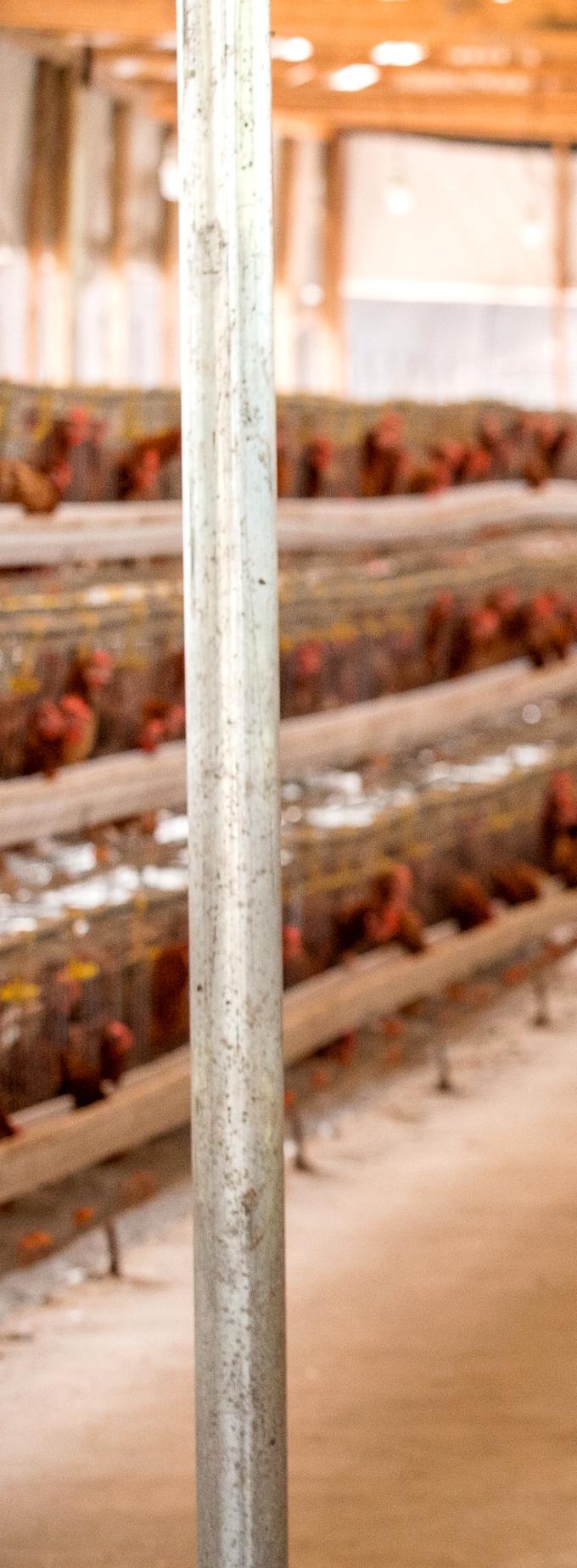
We also con�nued to mentor and track the ac�vi�es of service providers and iden�fy more input companies to partner with to drive access to quality vaccines and DoCs. PIND iden�fied and engaged three large buyers of poultry products in Rivers, Bayelsa, and Ondo states to provide alterna�ve markets for farmers.
Adeniyi Kazeem is the manager of Grace Farms, Agbarho-Warri, Delta State. The farm was set up with the support of Alfred Ukane, a PIND-trained Poultry Service Provider (PSP)

In the la�er half of the year, flooding in the region was followed immediately by an outbreak of bird flu, par�cularly in Delta, Bayelsa, and Rivers States. PIND created awareness via the media and through its network of PSPs and VLDs, educa�ng farmers on biosecurity measures to help curtail the disease's spread. We also iden�fied and engaged large buyers of poultry products in Akwa Ibom, Bayelsa, Ondo, and Rivers states to provide alterna�ve markets for farmers.
Overall, the poultry sector demonstrated remarkable resilience and thrived despite the challenges. More than 8,500 received training on good prac�ces and farming innova�ons. About 6,800 applied the new knowledge acquired, improved their produc�vity, expanded their poultry farming, and had an es�mated cumula�ve addi�onal income of N1.89 billion. By the end of the year, N1.4 billion was invested in the sector, and about 1,900 jobs were created.

In 2022, I saw a significant improvement in my business structure. Before, I had to be present to monitor opera�ons in the business, or else things would fail to run smoothly. PIND helped me set up structures and employ the right staff to handle the daily running of the farm. I can now travel for training and workshops and to network with other service providers.
The standard of our training has improved, which is why more organiza�ons and farmers want to work with us and even pay for our services. The market system approach developed by PIND has been the solu�on to all our problems. It benefits farmers and service providers because a repor�ng system makes us accountable to each other.
Before, smallholder poultry farmers in my community ran their businesses without proper structure and record keeping making it difficult for them to access finance. A�er training them, they have seen significant improvements, including increased profits.
I want to thank PIND for reaching out to us at the grassroots level and giving us tools to improve our business, livelihood, and community.
Joseph Osawuru Citron Spring Limited Edo State“The market system approach developed by PIND has been the solu�on to all our problems”Feeding chicks at a poultry in Owo, Ondo State
NGN 4.03 billion invested by market actors
5,192 MSMEs reached with informa�on on best business management prac�ces
3,697 businesses earned es�mated income change of N2.97 billion

3,721 new jobs created
The MSME Development and Linkages project aims to s�mulate a market that creates a dynamic and diversified set of established local enterprises that can meet the demand created by large buyers opera�ng within the Niger Delta. The goal is to strengthen the local economic environment for economic growth and job crea�on. The MSME project also supports pla�orms that promote access to quality business support services, market, and funding opportuni�es which will help enterprises grow and be more compe��ve in local and global markets.
The project ac�vi�es are driven by business services providers (BSPs) trained by PIND to support local enterprises. These BSPs work in partnership with financial ins�tu�ons, large corporate buyers, chambers of commerce, and other public and private stakeholders to organize business linkages and investment forums and create access to new markets and funding opportuni�es for the MSMEs.
In 2022, PIND supported BSPs to provide business development servicesentrepreneurship development training, management systems upgrade, formaliza�on of business opera�ons, and access to finance through the CBN Agri-Business/Small and Medium Enterprise Investment Scheme (AGSMEIS) loan program and other MSMEfriendly loan schemes.
Over 5,000 MSMEs benefi�ed from these training and forums. More than 3,200 recorded an improved performance leading to increased earnings of nearly N3 billion. About 700 businesses secured N1.75 billion in loans, and 3,721 jobs were created overall.

I used to operate a POS business at RIVTAF, Golf Estate, Port Harcourt, and I wanted to upgrade and own a fully-stocked supermarket. I approached PIND and took part in the Business Linkage Program. I connected with business service providers (BSPs) who advised me on how to set up a supermarket, including staff recruitment. Through the BSPs, I met vendors who supplied me with various items. I also met a BSP, who provided all the CCTV purchase/installa�ons and the systems hardware installa�on. They delivered and installed the accoun�ng so�ware for the supermarket sales/inventory management ac�vity. They helped manage all these processes, which resulted in an increased client base and business stability.
I am now comfortably running my business with minimal support. We serve the Golf Estate residents in Port Harcourt and its environs and offer home delivery service. My income has increased by over 65% and con�nues to grow.
Gi� Chukwunta DGIT Supermarket Port Harcourt, Rivers StateMy business has been growing, thanks to PIND’s Business Linkage Program
1,824 youth gained applicable skills for employment
590 youth gained employment and accessed other income-earning opportuni�es
602 youth secured appren�ceships/ internships
The aims of the Youth Employment Program (YEP) are to map the ecosystem of skills development within a state/region, analyze opportuni�es for employment crea�on and develop models of youth job readiness or workforce development that provide disadvantaged young men and women in the Niger Delta opportuni�es to secure sustainable jobs and enterprises. PIND's approach involves innova�ve and quality technical occupa�onal training, preparing selected youth with market-relevant skills, and suppor�ng their transi�on into work or entrepreneurship. Working with implemen�ng partners who receive grants from PIND, the project facilitates the training of young people in skills such as informa�on communica�on technology (ICT), building construc�on, leatherwork, fashion, agriculture, and services.
PIND's Youth Employment Pathways (YEP) project was created in 2018 as a model for youth training. The pilot phase, which was then known as the Niger Delta Youth Employment Pathways (NDYEP), was funded by the Ford Founda�on and implemented in Abia, Akwa Ibom, and Rivers States. In 2021, PIND expanded the project to Delta State, where it was called the Delta Youth Employment Pathways (DYEP) project and was funded by PIND. The 631 youths enrolled for the project completed their training in 2022. Over five hundred immediately gained employment, secured an appren�ceship, or started their enterprise.

Also, in 2022, PIND launched the project's second phase in all four states. About 2,200 youths enrolled and were trained in agriculture, ICT, renewable energy, building construc�on, and services (including finished leather). Nineteen implemen�ng partners managed 25 projects mainstreaming so� skills and conflict sensi�vity. By the end of the year, 13 projects were completed, with 1,824 (1,001 males, 823 females, and 20 PWD) youths gradua�ng. 590 (312 males, 278 females) gained employment or started their enterprises, while 602 (332 males, 270 females) gained internship/appren�ceship placements.
Par�cipants who complete the voca�onal and so� skills training also receive entrepreneurship training designed to equip them with the requisite skills to own their businesses. PIND conducts the training in line with the approved Central Bank of Nigeria (CBN) curriculum for entrepreneurship programs. Successful par�cipants are cer�fied and assisted in developing fundable business plans. They are also guided on comple�ng online registra�on on the CBN or NIRSAL pla�orms and accessing loans and other facili�es available from government agencies and financial ins�tu�ons.
As the project con�nues to grow and be successful, we have set a goal to implement it in all nine Niger Delta States by 2024.
PIND's Youth Employment Pathway (YEP) model, implemented in the Niger Delta region of Nigeria, addresses the challenge of skills mismatch in the Nigerian workforce. It is a demand-led, evidence-driven, and competency-focused approach to youth employment. The model involves research and analysis to understand the job market and iden�fy the occupa�ons and skills in demand within a par�cular state or area. It then designs interven�ons tailored to the specific state's economic environment.
One cri�cism of technical and voca�onal training is that many people abandon it due to a lack of funding, peer support, and formaliza�on within sectors. YEP tackles this by promo�ng a competency-based approach that ensures trained individuals use their skills effec�vely. It requires partnership with ins�tu�ons like Nigeria's Na�onal Board

for Technical Educa�on (NBTE) to develop a competency framework and accredit training programs and par�cipants. This framework aligns with the na�onal skills qualifica�on framework.
YEP also supports entrepreneurship and relies on collabora�on among stakeholders. It aims to create a favorable environment for skills development, employment, and entrepreneurship. The model facilitates coordina�on, posi�ve engagement and provides support and technical assistance to stakeholders.

My Life
I stumbled on PIND's Youth Employment Pathways (YEP) project through a Facebook-sponsored ad in 2019. I was studying Public Administra�on at Abia State University and looking for an organiza�on for my one-year industrial a�achment. I was also hoping to raise money to complete my studies. I applied for YEP and was selected. I trained in Computed Aided Design at Clintonel Innova�on Hub. Without a background in the STEM field, I ini�ally struggled. However, the training was enlightening, and I soon adapted to the world of digital technology. I also received so� skills training in communica�on, team building, and conflict management. A�er the program, Clintonel Innova�on Hub offered me full�me employment. With my income, I finally finished school.

In 2021, a few of my colleagues and I formed a consor�um and applied for the YEP Challenge Fund. We received a one million naira grant, which I used to start my company, Solaris GreenTech Hub. It is a startup based in Aba, Abia State, that designs solar booths and installs them in communi�es that do not have access to electricity due to being off the na�onal grid. Our booths are close to schools and other crowded places where people can easily access them. Each one currently provides power solu�ons to over 400
students, 400 direct customers, and 1,500 indirect beneficiaries (usually other household members who benefit from the electricity). Besides the solar booths, we also sell and install micropower chips. Our services are available in Abia, Enugu, and Ebonyi States. But we plan to extend our solar booth technology to other states and, eventually, other parts of the world. The solar booth innova�on has garnered interest from organiza�ons like the West for Africa Founda�on, Westerwell Founda�on, Nigerian Climate Innova�on Center, and All On, an energy investment company in Nigeria.
In 2021, we received $20,000 in equity investment from Hardware Garage. In 2022, we won the All On and NTIT Energy Challenge Fund and received a $10,000 grant to scale up our work. We also received the MicroGrid Young Talent of the Year Award hosted by RES4Africa Founda�on in collabora�on with Enel Green Power and the European Investment Bank (EIB), including a prize of €5,000. Finally, we won the two million naira Wimbiz Investment Grant 2022. In total, Solaris has raised about NGN 10 million in grants. Through RES4Africa Founda�on's sponsorship, we a�ended the 27th United Na�ons Climate Change Conference (COP 27) in Egypt. We par�cipated in Westerwell Founda�on's six months accelera�on program. And we are one of the ten founders a�ending the Berlin Conference in Germany in May 2023. Everything we have built and achieved in my company is thanks to the ini�al grant from PIND's Challenge Fund, which allowed us to roll out the prototype of our solar booths. PIND believed in my dream and changed my life.
Chiemela Anosike Solaris GreenTech Hub Aba, Abia StateA�er I graduated from the University of Akwa Ibom in 2017, I worked for myself, producing and training people on how to make perfumes and soaps. I was hawking some products on the street when I saw an advert for the Youth Employment Pathways (YEP) training. I decided to apply to be trained in plumbing and piping. I studied Mechanical Engineering, which is a similar field. At the �me, most of my knowledge was theore�cal and not prac�cal, making it difficult to get a job in my field of study.
Through the YEP training, I gained prac�cal plumbing and piping knowledge and secured jobs immediately. The so� skills training taught me to market myself appropriately to customers and get adequately paid for projects. I am more safety conscious on site to avoid hazards while working. My bookkeeping skills and client rela�onship have also improved. I can also deliver training to other people in construc�on. I recommend the YEP project to others because it changed my life.
Johnjudge Anieka Isobara Akwa Ibom“The so� skills training taught me to market myself appropriately”

NGN 30.1 million in loans facilitated
195 supported by SK to receive loans from partner banks
NGN 40 million in investments leveraged
PIND established Sombreiro Kapital (SK) to help farmers and MSMEs in the Niger Delta region access addi�onal funding for their opera�ons and improve their produc�vity.
SK guarantees loans through partner commercial banks for agribusinesses in the aquaculture, poultry, cocoa, oil palm, and cassava industries in Delta, Edo, Bayelsa, Imo, and Ondo States. By sharing the risks with the banks, SK ensures that smallholder farmers get these loans at a low-interest rate.
In 2022, to ensure smallholder farmers had uninterrupted access to low-cost finance, SK partnered with Unity Bank Plc while sustaining its partnership with Sterling Bank. SK also changed the eligibility rules for accessing the loans to reduce the number of defaulters and the a�endant risks for the banks to encourage them to keep lending to the farmers. SK also hired loan monitoring officers to oversee the proper disbursement of the loans.
During the repor�ng year, SK supported 195 farmers/MSMEs with loans worth over ₦30.2 million, including 15 fish processors in GMOU communi�es and 180 smallholder cocoa farmers in Ondo State.
Despite some challenges, SK is well-posi�oned to con�nue providing finance to businesses in the Niger Delta, thereby enhancing their produc�vity.

The hard-to-reach coastal communi�es in the Niger Delta region suffer poor electrifica�on. Due to their loca�on, most of these communi�es are off the na�onal grid. Some have never had access to electricity. Since 2018, PIND has been tackling this issue by facilita�ng alterna�ve and affordable off-grid energy solu�ons, capable of targe�ng not only basic energy needs (i.e., ligh�ng and cooking energy) but also produc�ve use of energy at both household and rural enterprise levels (such as use in barber shops and beauty salons).

Partnerships are at the core of interven�ons, and in 2022, we worked to s�mulate interest and a�ract more investments into the Niger Delta off-grid electricity market. Private sector investors were engaged through demonstra�ons and workshops where we shared our A2E model. Some of these were major energy stakeholders such as Renewable Energy Service Providers of Nigeria (RESPON) and Renewable Energy Associa�on of Nigeria (REAN) – two key stakeholders in the supply side of mini-grids and equipment in the country. Others were mini-grid developers such as Darway Coast Limited and Ashdam Solar Limited; tradi�onal solar roo�op installers such as ProSolar Limited, EnergyPro Limited, and Irradiance Limited; and community-led social enterprises such as the advocacy center. PIND also met with Ekovolt – a data solu�ons company partnering with the United States Trade and Development Agency (USTDA) to explore data connec�vity in last-mile communi�es.
Recognizing that women are typically underrepresented across the community and household energy beneficiary's spectrum, demonstra�ons, workshops, and community engagement ac�vi�es were undertaken to ensure access for and par�cipa�on by all. The same best prac�ce was cascaded to PIND's partners and private-sector power developers through con�nuous project handholding. They have advocated an increase in the produc�ve use of electricity for female-headed businesses and female household members within their communi�es.
Similarly, female-led businesses are a rarity in Nigeria's renewable energy space, and PIND is commi�ed to inspiring women to become mini-grid owners. In Q4 2022, PIND supported ETIN Power Ltd - a female-led power company- towards deploying a mini-grid in a riverine community in Edo state. This collabora�on is an advancement of PIND's efforts to have female power business owners represented within the spectrum of new power developers that PIND has championed. PIND also partnered with PODER Green Consul�ng Limited on a project tagged "Women for Energy Jobs," where 50 Niger Delta women would be trained in solar entrepreneurship jobs to support the technical manpower needs of the renewable energy sector in the region. Through this partnership, PIND will leverage N33.75 million through private sector investment toward crea�ng FTE jobs for women.
Meanwhile, we con�nued facilita�ng connec�ons between communi�es and power developers in our commitment to light up the Niger Delta one community at a �me. By the end of 2022, PIND leveraged N537.13 million in private sector investments for A2E solu�ons; 882 businesses and 1,896 households had gained access to electricity and accrued ₦595.969 million in financial benefits.

Access to Energy enables people to work out of poverty and improve their well-being, such as health and educa�on, especially for women and children.
PIND's experience has shown that contrary to some popular beliefs, the remote coastal communi�es in the Niger Delta region have a produc�ve use for electricity and can afford access. Therefore, we created an A2E model that focused on reducing the risks for investors and power developers.
We facilitate connec�ons between power developers and communi�es. The developers install and maintain solar energy solu�ons specific to the communi�es' needs (energy cabins, mini-grids, and solar refrigera�on hubs). At the same �me, the residents

subscribe to gain access at a reduced cost compared to their spending on fueling and maintaining genera�ng sets. These genera�ng sets have usually served as alternate sources of electricity. However, apart from the cost of running them for up to 12 hours a day, the genera�ng sets also cause air and noise pollu�on.
Our model solves three problems: lack of access, youth employment, and improved livelihoods. Apart from facilita�ng the installa�on of these grids, we also ensure that there are opportuni�es for young people within the community to be employed either as installers or in maintenance. Thus, our A2E interven�ons address UN SDGs 7, 8, and 11: access to affordable energy, decent work, and climate ac�on. Our vision is to light up the Niger Delta one community at a �me.
Before mee�ng PIND, I had been running a renewable energy company for more than seven years, where we install solar panels and sell other renewable energy products. I learned about PIND in 2022 through the Renewable Energy Service Providers Associa�on of Nigeria (RESPAN). Then I a�ended one of PIND's Access to Energy modelsharing workshops in Port Harcourt. Although I had heard about mini-grids before the workshop, I had been skep�cal about exploring them as a business opportunity as I was worried about the security risks. PIND promised to facilitate and bridge the gap of community engagement with the people. I also networked and had one-on-one conversa�ons with other renewable energy investors who had worked with PIND on similar projects.
In June, PIND took me on an assessment tour of Adagbarasa, Warri North LGA of Delta state, to learn the community's energy needs and viability as a mini-grid installa�on loca�on. It was the first �me I had gone to a community by water. With PIND facilita�ng the engagement, I had no issues interfacing with the people. I was par�cularly encouraged by their excitement towards the project. Like most coastal communi�es, they were off the na�onal grid, so they saw the opportunity to access a low-cost and sustainable source of electricity. It was then I saw the actual value and impact of the mini grid.
A�er the assessment, I reached out to another organiza�on that had promised to support me with
some of the materials for the grid. However, they declined to help because they deemed the community too small, and the project less economically viable than ini�ally hoped. I was discouraged because it was new terrain for me business-wise, and these people who had been in the sector didn't think it was worth it. However, a�er some delibera�on and considering the impact on the lives of the people, I decided to con�nue on my own and use the experience as a learning process.
I reached out to PIND once more, expressed my concerns, and told them the areas I would need support. I also spoke about the issue of access to the community seeing that you could only reach it by water, and we would need to move heavy equipment there to install the cabin. We also spoke about funding and management of the grid a�er installa�on and my lack of experience in the sector. PIND stepped in, and their support exceeded my expecta�ons. Based on my proposal, PIND awarded me a grant that covered the materials needed to install the grid.
Since mee�ng PIND, my organiza�on's confidence level, skills, and experience have improved. Going into the mini-grid sector has improved our capacity and given us access to an industry we would have never believed we could enter. Another value to the organiza�on is that we have improved our business structure to accommodate this new expansion in the energy sector. Already, we have seen even more opportuni�es to explore.
Francis Owieadolor Oghosa Limited Delta StateBefore the mini-grid was installed in our community, we had never had access to electricity.
If we needed to charge our phones, we would have to go to neighboring communi�es or seek help from neighbors who could afford generators.
Now, every home has a daily supply of electricity. We have power throughout the day, and then the mini grid goes off at about 3 am to enable the ba�eries to fully recharge before it is turned on again at 6 am.
Those charging their phones in other communi�es can now do so in their homes. People no longer need to rely solely on their generators for electricity supply in their homes and businesses.
I thank PIND for this opportunity and Mr. Francis Owieadolor, CEO, of Oghosa Limited, for accep�ng to come to our community. Most of the riverine areas around us need access to electricity, which has always been challenging. This opportunity has opened up Adagbarasa Community, and neighboring communi�es would like to benefit from the project.
Precious Odigha Adagbarasa, Warri North LGA, Delta
The Agricultural Extension and Advisory Services (AEAS) Ac�vity


The Agricultural Extension and Advisory Services (AEAS) Ac�vity u�lizes a facilita�ve approach to market development by partnering with micro, small, and medium enterprises (MSMEs) and key market actors within the aquaculture, cowpea, maize, rice, and soybean value chains to pilot proven technologies, scale up successful ones, and promote the adop�on of improved produc�on prac�ces. It also aims to improve service delivery that will rapidly, effec�vely, and sustainably provideaccesstoagro-inputsanddisseminateextensionmessagingtoatleasttwo millionsmallholderfarmersinBenue,CrossRiver,Delta,Ebonyi,Kaduna,Kebbi,and Nigerstates.
In the Niger Delta, USAID and PIND are jointly funding the AEAS project for five years (May 25, 2020-May 24, 2025) and focusing on interven�ons in maize, rice, and aquaculture, specifically in Delta and Cross River States. The project aims to provideaccesstoagro-inputsanddisseminateextensionmessagingtoatleasttwo million smallholder farmers in seven states. The Extension Ac�vity works with micro, small, and medium enterprises (MSMEs) to iden�fy opportuni�es and constraintstoimproveefficiencyandincreasereturnoninvestmentforfarmers.
BetweenAprilandJune2022,theExtensionAc�vitypromotedninemostimpac�ul prac�ces (MIPs) in Cross River and Delta States, including improved seeds,

op�mum herbicide u�liza�on for weed management, and op�mum fer�lizer use. 70 MSMEs commercialized the MIPs this quarter, and the Extension Ac�vity provided technical assistance to improve their viability for credit, leading to $104,909 (₦43.54 million) in cash credit disbursed to 64 beneficiaries. The Extension Ac�vity also began a radio awareness campaign program to promote the adop�on of seed-related MIPs, in collabora�on with four MSMEs in Cross River stateseekingtopoolresourcesforajointradiocampaign.
Between July and September 2022, the Extension Ac�vity con�nued to work with partner MSMEs to commercialize 33 MIPs iden�fied and validated across the five target value chains it is intervening in. It also focused on providing technical assistance to MSME cohorts to improve their viability for credit, leading to a credit financing pipeline of $850,093 (₦352.79 million) being facilitated for 316 beneficiaries. The Extension Ac�vity con�nued to collaborate with the Cross River State Agricultural Development Program (CRADP) to develop and disseminate extension videos demonstra�ng the value and prac�ce of MIPs, and partner MSMEs invested $58,702 (₦24.36 million) to address the issue of availability of products and services to smallholder farmers, leading to the crea�on of 53 addi�onaljobs.

At the center of PIND's 2020–2024 strategic plan is the achievement of gender equality and empowerment of poor women and girls, persons with disabili�es, and the most vulnerable popula�ons. PIND strives to ensure that the people of Nigeria's Niger Delta have access to decent jobs, economic opportuni�es, and educa�onal advancement, irrespec�ve of ability, age, gender, or loca�on. Our support and empowerment of youth, women, and persons with disabili�es (PWDs) address the SDGs 4, 5, 8, and 10.
In 2022, PIND posi�oned women's economic empowerment at the core of its economic development ac�vi�es. By the end of the year, about 26,500 women (farmers and MSMEs) had benefited from our various economic development interven�ons. Under the YEP project, 823 of 1,824 youths who completed their training were females and 20 PWDs. Of the 602 who secured internship/appren�ceship posi�ons right a�er, 270 were females, and 6 PWDs. Five hundred and ninety youths secured immediate employment or started their own business, including 278 females and 8 PWDs.
A total of 63,013 people par�cipated in our peacebuilding interven�ons, including conflict mi�ga�on, forums on peace and stability, skills enhancements, and mentorships. Twenty-three thousand six hundred twelve were women, 7,370 youths, and 93 PWDS.
On March 8, 2022, PIND joined the global community to mark the Interna�onal Women's Day (IWD) event, with the subtheme "Sustainable Livelihoods: When Women Lead" in line with the United Na�ons Women (UNW) theme: "Gender equality today for a sustainable tomorrow."

Our ac�vi�es in celebra�on of the day were in two strands based on our program areas: economic development and peacebuilding. We iden�fied women in the Niger Delta region who engaged in direct and indirect economic development ac�vi�es for the sustainability of their families and society and empowered their adop�on of environmentally friendly technologies, energy, and access to potable water to mi�gate the nega�ve impact of climate change and boost their businesses for economic growth and a sustainable tomorrow. We also a�empted to offset the gap in women's par�cipa�on in leadership and decision-making in their communi�es by increasing their leadership and peacebuilding skills and improving their resource management abili�es.
We conducted ac�vi�es in the rural and urban areas and reached 69 women in 11 remote and underserved communi�es within the Chevron GMoU communi�es in Bayelsa, Delta, and Ondo States, respec�vely.
“63,013 people par�cipated in PIND's peacebuilding interven�ons”
In our urban outreach, we supported women farmers at Alero Fish Farm, a fish farming cluster in Egbokodo Itsekiri, Warri, Delta State. To reduce the use of fossil fuels such as fuelwood for fish smoking, PIND supported the cluster with improved smoking technology (smoking kiln and bio-digester) powered by biogas fueled by waste products. One of the farmers was selected to manage the smoking kiln and provide quality fish smoking service to other farmers in the cluster for a fee. Technical training on best prac�ces and usage of the kiln and biodigester was conducted with ten farmers in a�endance. One of the fish farmers handed the smoking kiln, Owarume Chris�ana, had been processing fish since 2016 with a local metal drum and firewood. She said the heat and the smoke from the drum contrap�on affected her eyes and gave her stress. However, she added that she believed her business and those of her colleagues in the cluster would thrive be�er with the availability of the smoking kiln and biodigester. In addi�on, training in conflict management and business development was organized for the farmer associa�on members, with twenty-four par�cipants in a�endance.
During the peacebuilding training, par�cipants were exposed to volunteerism – focusing on the need to volunteer, approaches to volunteerism, and how to volunteer for peace in the Niger Delta. The training module also included a leadership training session highligh�ng the skills required for leadership, the quali�es of a good leader, how leaders get things done, and the challenges they face. The conflict management training was tailored to their businesses, highligh�ng poten�al causes and conflict management styles. The par�cipants were also exposed to workable business development techniques with prac�cal examples that they could relate to.

Every year, PIND joins the interna�onal community from November 25 to December 10 to campaign against gender-based violence (GBV). The 16-Days of Ac�vism campaign is a strategy used to draw a�en�on to and call for preven�ng and elimina�ng violence against women and girls by individuals and organiza�ons worldwide. We support ac�ons addressing GBV by providing small grants to and collabora�ng with Niger Delta organiza�ons and civil socie�es to take steps against GBV in commemora�ng the 16 Days of Ac�vism.
In 2022, PIND worked with the subtheme "United efforts towards ending femicide in the Niger Delta." We conducted ac�vi�es like sharing GESI (learning) moments and
South-South Professional Women Associa�on, commemora�ng 16 Days of Ac�vism in Delta State
advocacies through social media pla�orms. While externally, we provided small grants of NGN800,000 each to four organiza�ons in four states in the region, namely Clean Technology Incuba�on and Accelera�on Founda�on (Akwa-Ibom); South-South Professional Women Associa�on (Delta); Women Empowerment, Educa�on and Peace Building Ini�a�ve and Girls to Women Research and Development Centre (Ondo). Through our grantees' ac�vi�es, 1,418 persons (991 female, 427 men, and 58 PWDs) were reached and sensi�zed on preven�ng and elimina�ng violence against women and girls.
“26,500 women (farmers and MSMEs) had benefited from our various economic development interven�ons”
I own a fish farm and belong to Alero Fish Farmers Coopera�ve Union, a fishing cluster in Egboko Itsekiri, Warri South LGA, Delta State. PIND’s aquaculture service providers usually come around to train us on best management prac�ces. Also, if we have any issues with our fish farm, we would reach out to them, and they would come to check on our progress. We are well-trained in this business. We also received training from USAID, which PIND also facilitated. There, I learned how to process fish and degut and skewer the fish for drying. I have also stepped down this training to other farmers within my cluster. They come to my farm, and they help in processing the fish. In 2020/21, PIND also introduced us to Sterling Bank and selected some of us to receive loans. I was one of the loan beneficiaries and refunded it within one year. I was on my farm one day and received a call from PIND. They told me they wanted to give me another benefit in commemora�on of Interna�onal Women’s Day: a biodigester and a smoking kiln. They brought the equipment to my farm and oversaw the en�re installa�on. I no longer use drums for smoking fish. One of the issues I had with using the drum and firewood grill was the smoke. As the oil from the fish drops into the fire, the flames will go up, so I always had to stay close to monitor the grill. The smoke from the fire also harmed my eyes, and I o�en had to step away from the grill to catch my breath.
The smoking kiln has a regulator. I can conveniently adjust the heat. I can also dry more fish at once with the kiln than with the drum. I could not dry more than 20 kilograms of fish with the drum, but I could dry as much as 100 kilograms in the kiln. There’s enough space for the fish, and I do not have to wait for one batch to dry before I start a fresh set. I no longer have to reject some processing jobs because of a lack of space. The kiln also has a door that I can shut to lock in the heat. Once the door is closed, I focus on the regulator. If it is too high, I adjust it. It is not like an open fire; you can leave it una�ended.
I handle all my business – farming, selling, and processing – on my farm. I even expanded by adding a provision store. Customers can buy drinks from the store and relax while they wait for their fish. PIND has really helped me. I appreciate them.
 Chris�ana Owarume Fish farmer Warri South LGA, Delta State
Chris�ana Owarume Fish farmer Warri South LGA, Delta State
Summary of Outcomes:
Through capacity building, PIND aims to enhance the ins�tu�onal and technical capacity of government and civil society organiza�ons for effec�ve socio-economic engagement, inclusive governance, and peaceful coexistence in the region. Our capacity-building interven�ons focus on two major areas: strengthening the capacity of local development organiza�ons in the Niger Delta to adopt the market systems approach and strengthening the ins�tu�ons that support the Chevron Global Memorandum of Understanding (MoU) process to carry out developmental projects that improve the livelihood of people living in the communi�es.
From 2020 to 2021, PIND carried out a series of ac�vi�es to strengthen the ins�tu�ons that support the GMoU and Regional Development Commi�ees (RDCs), including suppor�ng the implementa�on of the recommenda�ons from the 2018 Organiza�onal Capacity Assessment (OCA) conducted on the RDCs. These included coaching, mentoring, and training conducted for various commi�ees of the RDCs on video produc�on and photography, sustainable project management, and gender equality and social inclusion. In 2022, PIND con�nued to coach and mentor the various commi�ees of the RDC in the skill areas in line with the OCA recommenda�ons. However, this support was concluded in August 2022 with the kick-off of the Petroleum Industry Act’s Host Community Development Trusts that will replace the RDCs. Nevertheless, we con�nued collabora�ng
with Chevron Nigeria Limited (CNL) through its transi�on from the RDC to the HCDT structure. PIND will work with CNL to provide the needed capacity-building support to the new en�ty when it is established.
Our efforts in empowering local civil society organiza�ons (CSOs) yielded posi�ve results, with nine PIND-trained and supported organiza�ons receiving funds to implement sustainable projects in the region. The organiza�ons include
o Living Hope Founda�on received a grant of N15 million from the Global Fund to sensi�ze 150 pregnant women, youth, and children on malaria/tuberculosis preven�on and treatment in selected Local Government Areas in Delta and Cross River State.
o CARA Development Founda�on, one of the co-facilitators working with PIND to drive market system changes in the cassava sector, received N63.9 million from the USAID SCALE project in Nigeria to carry out advocacy efforts in three states (Imo, Abia, and Ebonyi) to increase the states’ budgetary alloca�ons for agriculture to five percent.
o MacJim Founda�on was one of three winners of the Global Environmental Educa�on Partnership (GEEP) Youth Innova�on Challenge 2022 and received USD1,000 (N443,399) to address pressing environmental issues affec�ng marine ecosystems through environmental educa�on.
“Nine PIND-trained and supported organiza�ons won grants to implementsustainable projects in the region.”
As the founder of the Girls to Women Research and Development Centre, I have benefi�ed from PIND’s capacity-building interven�ons targeted at civil society organiza�ons in the Niger Delta. I par�cipated in several PIND training, first as a beneficiary and later as a consultant on gender issues. PIND helps strengthen CSOs and improves their capacity and visibility to a�ract funding. With the support and mentoring I received from PIND, my organiza�on could access grants from the government, the private sector, donors, and partners. PIND was helpful in terms of funding and providing capacity enhancement at various levels.
The training also helped me navigate my current role as the Gender Advisor to the Ondo State government. I can implement my ac�vi�es because I have clear-cut ideas, skills, capacity, etc., to do my work well. PIND has been part of my success story, ge�ng me to where I am now. All the skills I have learned have made it easy for me to work well within the government. I advise anyone looking to work within government first to garner CSO experience and knowledge of the development sector and programming.


The Petroleum Industry Act (PIA), signed into law in August 2021, aims to establish good governance, best prac�ces, and ease of business in the oil and gas industry. It a�empts to, among other issues, clarify the roles and responsibili�es of officials and ins�tu�ons, regulate midstream and downstream ac�vi�es, improve environmental compliance, transform NNPC into a commercially viable enterprise, and restructure the management of host communi�es' rela�ons.

In restructuring the management of host communi�es, Chapter 3 of the PIA mandates the crea�on of the Host Communi�es Development Trust (HCDT) to improve the quality of life of the host communi�es' popula�on and improve accountability in the management of the HCDT Fund. The HCDT is expected to improve the quality of life of the host communi�es' popula�on and improve accountability in managing development funds. One of its expected gains is sustainable community development as indicated by the degree of interest shown within the PIA in Par�cipatory Needs Assessment and Community Development Plans to deliver such. Being the go-to development organiza�on in the Niger Delta, PIND is par�cular about the successful implementa�on and sustainability of the HCDT. Considering the history of res�veness in the region, it is also vital that all stakeholders

are ac�vely involved and their interests are well represented in the implementa�on process while fostering sustainable impact. To this end, we partnered with Ford Founda�on to support the host communi�es and other stakeholders - government and non-governmental organiza�ons and local and interna�onal oil companiesthrough an ini�a�ve called The Bridges Project. The project's overall objec�ve is to complement and support the outlines of the Nigerian Upstream Petroleum Regulatory Commission (NUPRC) proposi�ons and give voice to the other stakeholders in the PIA process, especially the communi�es. This support will involve crea�ng awareness and understanding of the requirements of the Act and se�ng up a mul�-stakeholder pla�orm (MSP) that will ensure the interests of the communi�es are adequately protected and enhanced. It also includes building the capaci�es of stakeholders to ensure that communi�es receive value from the HCDTs.
Star�ng in 2023, The Bridges Project will be implemented in five Niger Delta states: Akwa-Ibom, Bayelsa, Delta, Rivers, and Ondo. These states are the epicenter of oil and gas extrac�ve ac�vi�es in the Niger Delta. Ac�vi�es will include crea�ng awareness and deepening knowledge of the PIA's technical components among community stakeholders.
Summary of Outcomes:
Through Advocacy, PIND carries out ini�a�ves to influence the government to put concrete long-term plans in place to see sustainability in its efforts to reduce poverty in the Niger Delta. As part of its mandate to strengthen partnerships with the government, PIND has worked to influence government expenditure, planning, and funding of projects. We make these concerted efforts to address what research has shown to be dire problems. They include suppor�ng long-term strategic planning of the government, unblocking the constraints to access to arable land for smallholder farmers, and iden�fying and addressing the root causes of illegal levying and mul�ple taxa�ons, which studies have shown cripple MSMEs. We also work with relevant government agencies to enrich dialogues promo�ng peace in the Niger Delta Region of Nigeria.
In 2022, we con�nued to influence the adop�on of long-term development plans in Abia, Cross River, and Edo State. We engaged the governments to mainstream the recommenda�ons of the long-term plans in their annual budge�ng. We presented a memo to the Cross River State Budget Office to advise on the key development priori�es in the 2023 budget.
As part of its advocacy efforts for increased access to land for agricultural purposes, PIND has facilitated the crea�on of Arable Land Review Commi�ees in Delta, Edo, and Ondo States to drive policy engagement with government and community leaders.

In 2022, PIND coordinated various mee�ngs and workshops, including the Delta State Arable Land Commi�ee and Edo State Arable Land Review Commi�ee mee�ngs. The outcomes of these mee�ngs include discussions on land availability, mapping of forest reserves for cul�va�on, review of donated lands, and the willingness of stakeholders to review current land acquisi�on policies. Edo State Arable Land Review Commi�ee also presented its proposi�ons at a workshop, providing an avenue for relevant government ministries, departments, and agencies to brainstorm an implementa�on plan.
Overall, PIND's efforts aim to promote best prac�ces and equitable land distribu�on among smallholder farmers and investors in the agricultural sector.
Summary of Outcomes:
Amplifying Our Message In 2022
Through our partnership with Devex, a media pla�orm for the global development community, we a�ended the 77th United Na�ons General Assembly (UNGA) in New York, the United States, where we had the opportunity to discuss PIND’s ac�vi�es in the region and explore partnerships. To influence reports that are focused more on economic growth in the Niger Delta, we sponsored an award, the PIND Prize for Niger Delta Repor�ng, at the 31st DAME.
11.72 million people reached
9.12 million people viewed/heard our news on tradi�onal media
2.54 million people viewed our social media posts
60,264 first-�me visitors to PIND and NDLink websites
437 new subscribers to our newsle�er

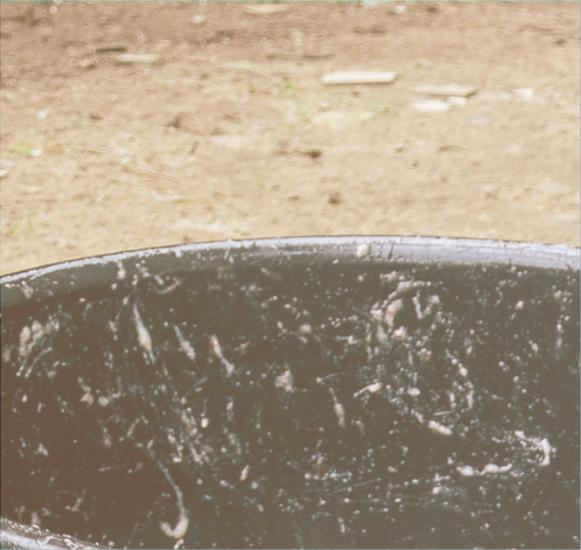



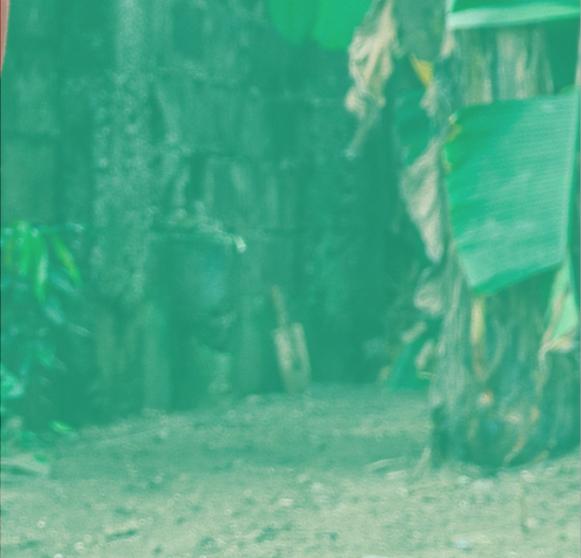


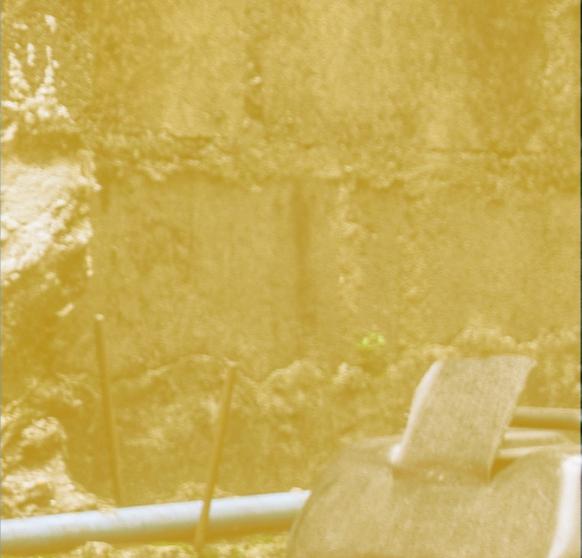

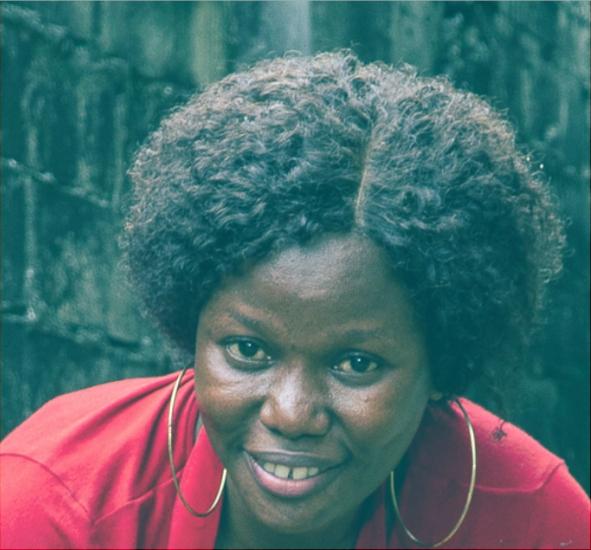


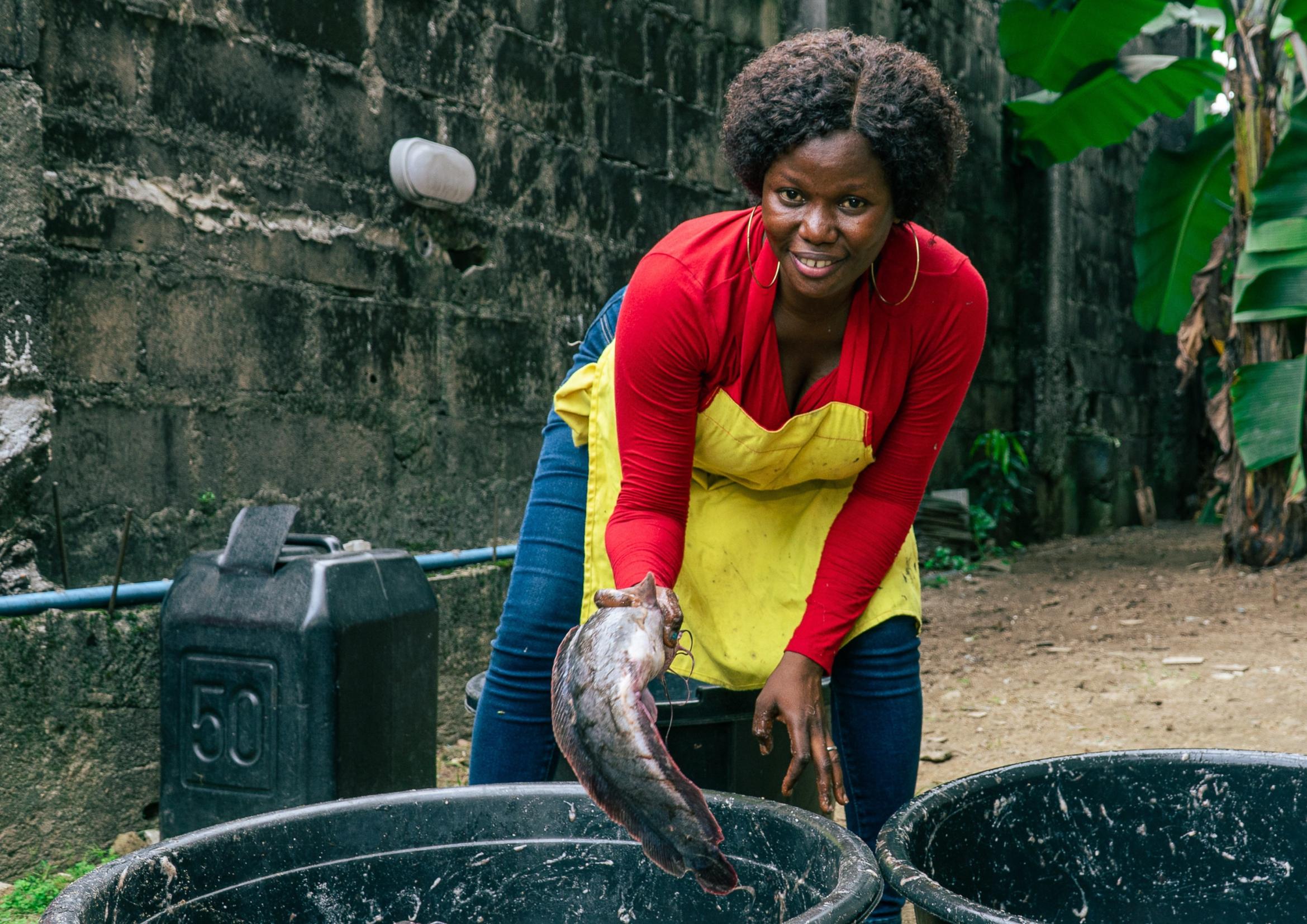
Visits to Youth Employment Pathways (YEP) project implemen�ng partners to ascertain the progress of the training, interact with the trainees and the trainers, and ensure compliance to YEP training standards. PIND’s YEP is a model of youth training in which marginalized young people are trained in market-relevant skills and subsequently supported into sustainable jobs or enterprises. It contributes to the reduc�on in unemployment in the Niger Delta.
February
PIND partnered with DMG Limited to facilitate the training of 50 solar PV entrepreneurs in Warri (Delta State), Yenagoa (Bayelsa State) and Port Harcourt (Rivers State) to improve their businesses development and income genera�on within the opportunity-laden solar home systems and other associated solar PV technologies market in the Niger Delta.




March
March 8 is Interna�onal Women’s Day, a global event promoted by the United Na�ons. We marked the day with the subtheme, “Sustainable Livelihoods: When Women Lead”. Ac�vi�es included the distribu�on of smoking kilns, bio-digesters and solar home systems to female entrepreneurs urban and rural areas.
PIND facilitated the Niger Delta Peace and Security Network (NDPSN) mee�ng in Umuahia, Abia State. It was a�ended by civil society organiza�ons (CSOs) from and around Umuahia who support or plan to support ac�vi�es, projects, and programs related to peace, security, and development in the Niger Delta. NDPSN was set up to ensure and improve coordina�on among CSOs working towards peace and security in the Niger Delta. It has chapters in each state

We partnered with Beyond Regular, to host a one-day mentorship event for up to 320 young professionals at YP Port Harcourt, Rivers State. The event is an avenue for young professionals to learn and get mentorship from industry leaders. About 50 beneficiaries from the YEP project also par�cipated in the event, further ensuring they gained the so� skills needed to grow their careers and businesses.

PIND created the Niger Delta Peace Champions in 2022 as part of our peacebuilding and conflict resolu�on strategy in the region. The Peace Champions are young people from 18 to 35 years passionate about making a difference in their communi�es through peacebuilding.



As part of business development ac�vi�es to widen its stakeholder engagement and enhance its visibility and brand posi�oning, PIND a�ended the Aspen Network of Development Entrepreneurs (ANDE) annual West Africa Regional Conference in Accra, Ghana. ANDE is a global network of organiza�ons that propel entrepreneurship in developing economies. Its members provide cri�cal financial, educa�onal, and business support services to small and growing businesses.
Twelve implemen�ng partners received grants for the second year of the Youth Employment Pathways (YEP) project in Delta State. Seven hundred and eighty youth par�cipated in the so� and technical skills training. The focal sectors were agriculture, ICT, construc�on, renewable energy, and services (catering, fashion designing, finished leather).

PIND and the Ministry of Niger Delta Affairs signed a memorandum of understanding to develop a regional peacebuilding infrastructure that would contribute to efforts to address conflict and security issues in the region. The Niger Delta Regional Peacebuilding Strategy would harmonize the peacebuilding ac�vi�es by various stakeholders in the region and would be overseen by a Technical Working Group.
PIND sponsored a new category, the PIND Prize for Niger Delta Repor�ng, at the 31st edi�on of the Diamond Awards for Media Excellence (DAME). The award sponsorship was an ini�a�ve geared at promo�ng and rewarding solu�on and development repor�ng on issues within the Niger Delta.



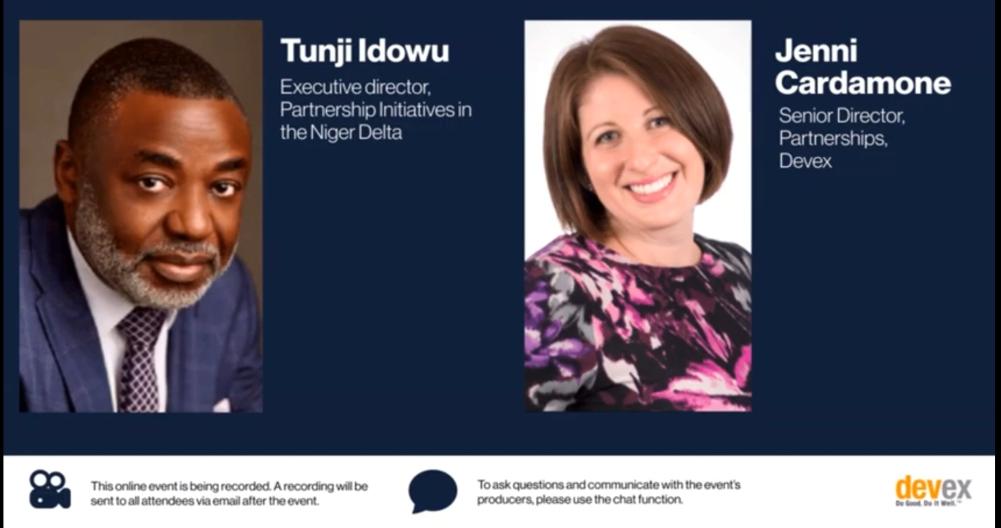








The CAHR Awards is an ini�a�ve of CSR-in-Ac�on (Corporate Social Responsibility in Ac�on) in partnership with Global Rights Nigeria and Zenera Consul�ng.

PIND and its technical partner, the Fund for Peace (FFP) received four of the Webby’s inaugural Anthem Awards for the peacebuilding documentary For the Good of All: Three Partners for Peace Stories. The awards were:

Gold Winner for the Best Strategy, Awareness Category (Not-For-Profit) in the Humanitarian Ac�on & Services category;

Gold winner - Community Outreach, Community Engagement Category (Not-For-Profit);
Gold winner: for Community Space, Community Engagement Category (Not-For-Profit); and
Silver winner: in Partnership or Collabora�on, Community Engagement Category (Not-For-Profit).


At the Niger Delta Future Fest, PIND won Youth & Economic Development Leader while its digital advocacy pla�orm, ND Link, won Advocacy Pla�orm of the Year.


Niger Delta Future Fest is a youth development summit and awards event organized by Mediaville.



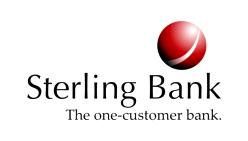
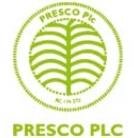


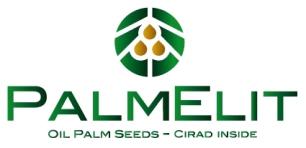

Deutsche Gesellscha� für Interna�onale Zusammenarbeit (GIZ)
Foreign, Commonwealth and Development Office
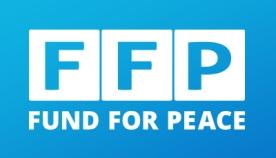
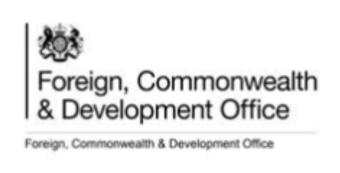

Food and Agriculture Agency of the United

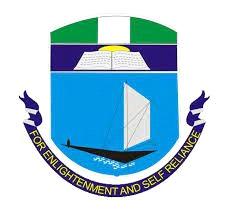
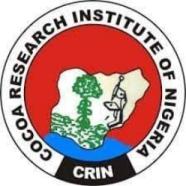

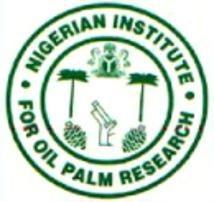
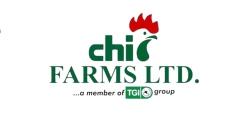
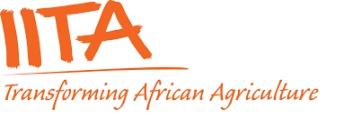
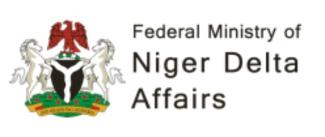

 Na�ons
Ford Founda�on Federal Ministry of Niger Delta Affairs
PalmElit Cirad
Interna�onal Ins�tute for Tropical Agriculture (IITA) Infraenergy A4&T Power Solu�ons CHI Farms
Na�onal Ins�tute for Oil Palm Research (NIFOR) Presco PLC Okomu Oil Palm Cocoa Research Ins�tute of Nigeria (CRIN)
Sterling Bank Unity Bank University of Port Harcourt
Na�ons
Ford Founda�on Federal Ministry of Niger Delta Affairs
PalmElit Cirad
Interna�onal Ins�tute for Tropical Agriculture (IITA) Infraenergy A4&T Power Solu�ons CHI Farms
Na�onal Ins�tute for Oil Palm Research (NIFOR) Presco PLC Okomu Oil Palm Cocoa Research Ins�tute of Nigeria (CRIN)
Sterling Bank Unity Bank University of Port Harcourt

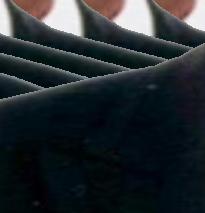
Through PIND's support, the Ministry of Niger Delta Affairs has achieved a very appreciable milestone in developing the Niger Delta Regional Peacebuilding Strategy, a regional security framework. PIND's unwavering commitment to the development of the Niger Delta region has posi�vely impacted the lives of countless individuals and communi�es. PIND's work aligns with the mandate of the Ministry to improve the living condi�on of Niger Deltans in general. Hence, the Ministry will con�nue to collaborate with the Founda�on to improve the situa�on in the region.
Alfred A. Abah Director, Planning Research & Sta�s�cs Ministry of Niger Delta AffairsPIND’s close affinity with the developmental challenges of the region provides it with the opportunity to formulate unique approaches with its trusted partners that are not just impac�ul but people-oriented. Working with its partners, PIND is one of the few developmental agencies taking on the challenges of elec�on violence. PIND and its partners have raised community digital peacebuilders and increased civic ci�zen trust in CSOs’ unbiased ac�vi�es. These are innova�ve, mul�-dimensional, and highly-sought a�er results in the development sector: real value for money. I, therefore, commend PIND.
Egondu Esinwoke –Ogbalor Execu�ve Director Community Ini�a�ve

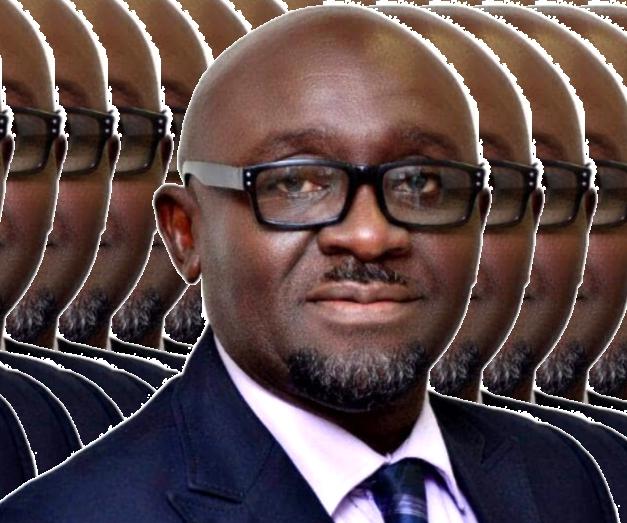
for Enhanced Peace and Development (CIEPD)
We appreciate (PIND’s) par�cipa�on and contribu�on to the success of the 31st edi�on of the Diamond Awards for Media Excellence (DAME), Africa's longest running and most consistent award scheme for media professionals. It is on record that this edi�on marks the first �me that DAME has expanded its fron�ers to cover Niger-Delta Development Repor�ng, and this was made possible by its graceful partnership with the PIND. This marriage has proven strategic for a number of reasons, but notably because it gives trac�on to DAME's sustained gradua�on from tradi�onal journalism to development-oriented journalism (on one hand), while it goes a mile to prove PIND's inten�onality and commitment to the growth of solu�on journalism in Nigeria.
Diamond





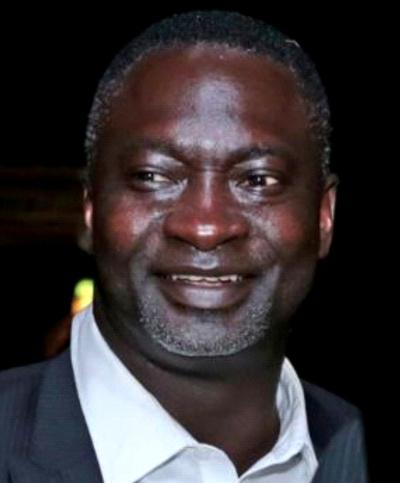
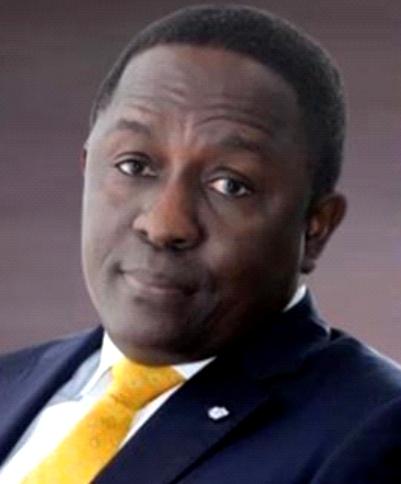
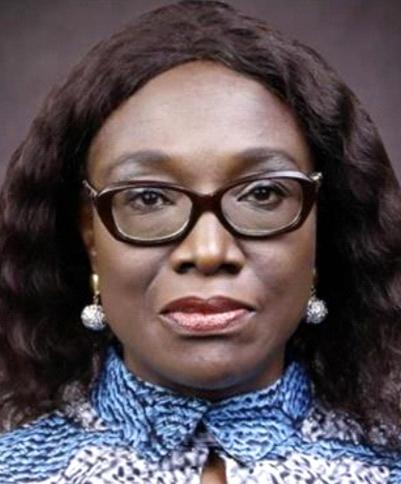
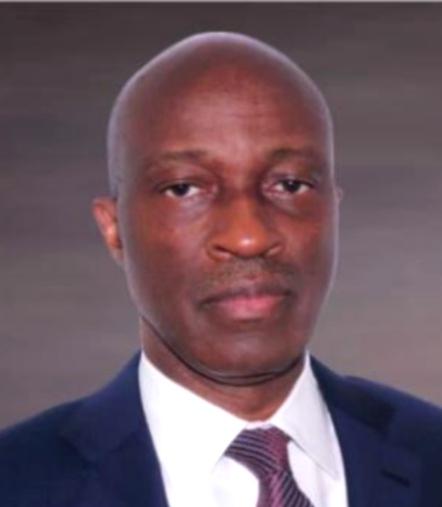
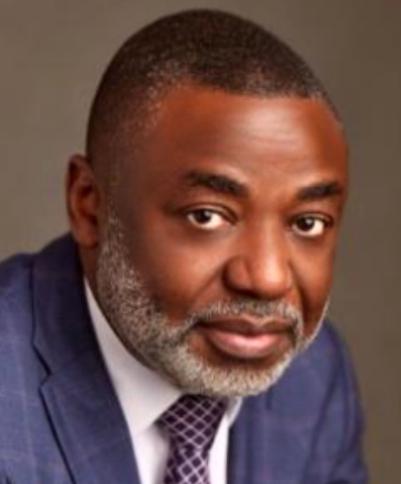
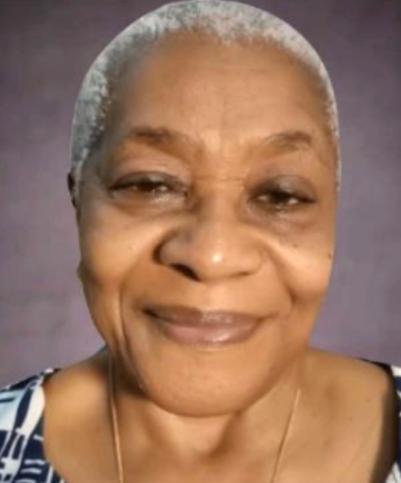

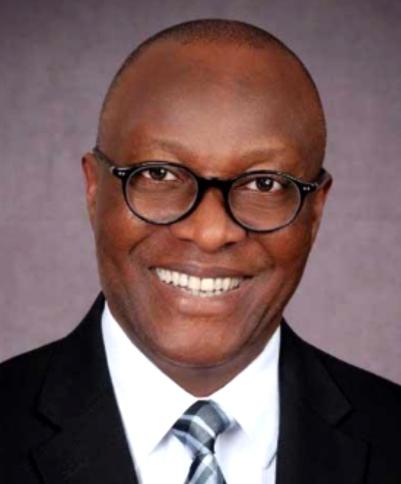
 Rick Kennedy Chairman
Dara Akala
Esimaje Brikinn Timiebi Koripamo-Agary
Tunji Idowu
Benjamin Oviosu Ibiye Asime Wakama-Ekong
Temisan Tuedor
Monday A. Ovuede
Rick Kennedy Chairman
Dara Akala
Esimaje Brikinn Timiebi Koripamo-Agary
Tunji Idowu
Benjamin Oviosu Ibiye Asime Wakama-Ekong
Temisan Tuedor
Monday A. Ovuede
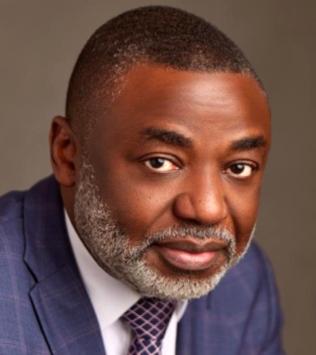
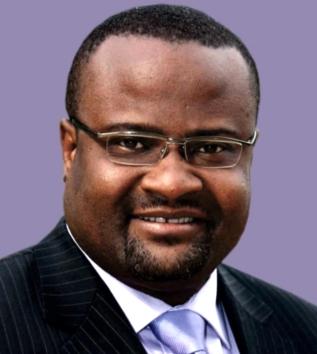
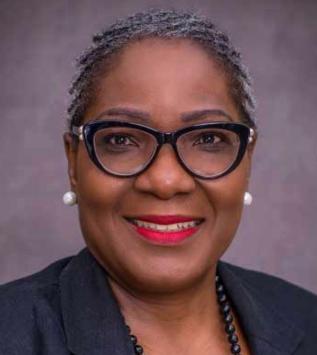
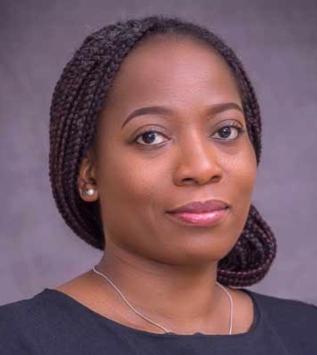
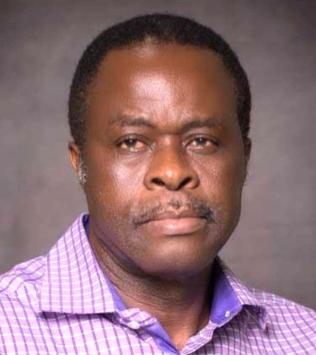

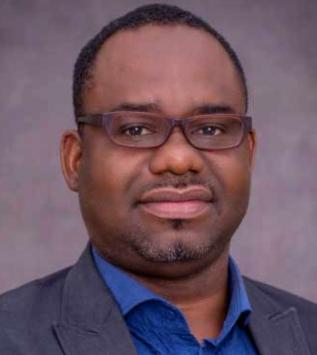

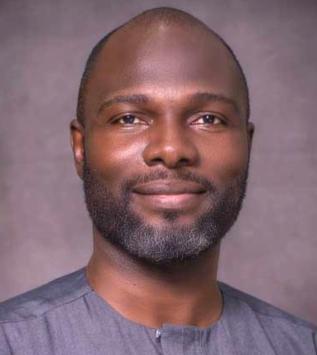
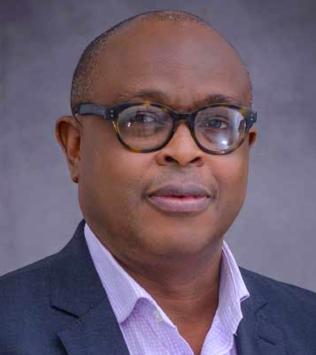
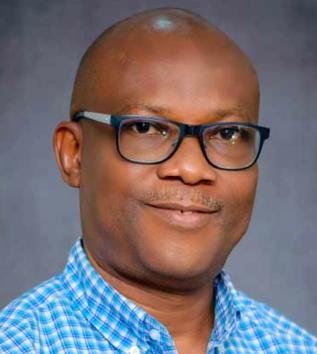
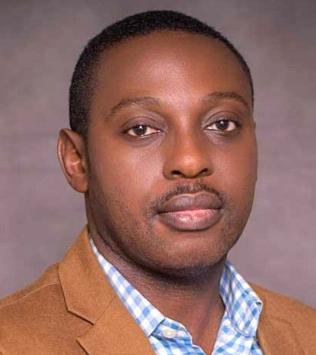



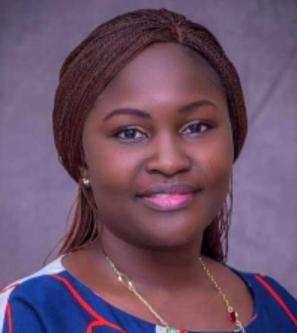
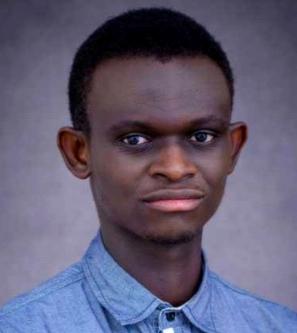
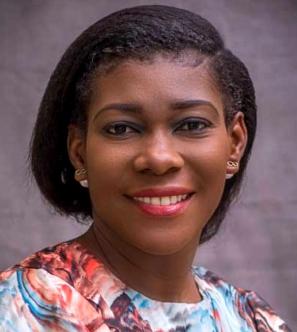
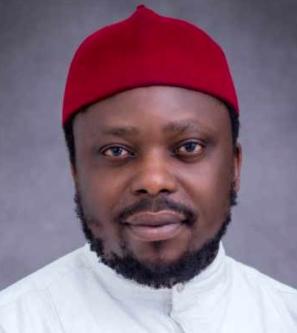


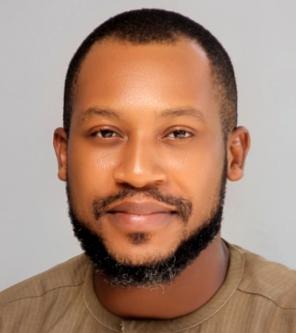

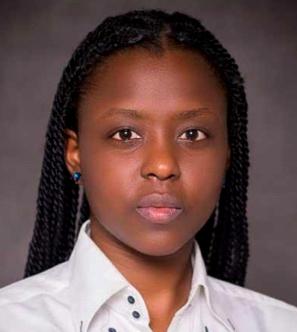
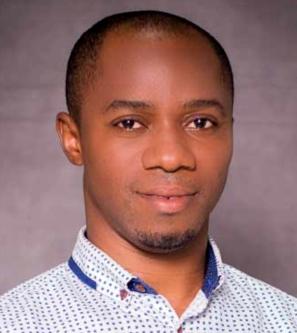
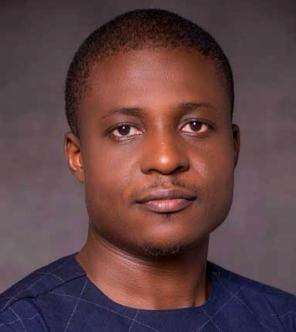
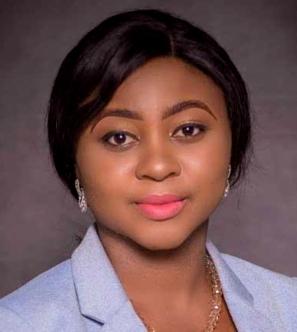
 Chioma Obi-Osuji Senior Market Development Advisor
Faith Emmanuel Soya Senior Market Development Advisor
Tuoyo Omagbitse Blessing Market Development Advisor
Emmanuel T. Nwala Market Development Advisor
Nezah Obi-Odu Market Development Adviso
Yvonne Jonah YEP Coordinator
Chukwudi Njoku Capacity Building CoordinatorPeacebuilding Program
Afeno Odomovo Research Coordinator (Peacebuilding Program)
Abiodun Akanbi Research Assistant (Peacebuilding Program)
Africas Lawal Network Coordinator, Partners for Peace
Oteheri Akinrutan Advocacy Coordinator
Ebenezer Wikina Advocacy Coordinator
Adetoun Oluwole Business Development Coordinator
Ma�hew Smart Communica�ons Coordinator
Chioma Obi-Osuji Senior Market Development Advisor
Faith Emmanuel Soya Senior Market Development Advisor
Tuoyo Omagbitse Blessing Market Development Advisor
Emmanuel T. Nwala Market Development Advisor
Nezah Obi-Odu Market Development Adviso
Yvonne Jonah YEP Coordinator
Chukwudi Njoku Capacity Building CoordinatorPeacebuilding Program
Afeno Odomovo Research Coordinator (Peacebuilding Program)
Abiodun Akanbi Research Assistant (Peacebuilding Program)
Africas Lawal Network Coordinator, Partners for Peace
Oteheri Akinrutan Advocacy Coordinator
Ebenezer Wikina Advocacy Coordinator
Adetoun Oluwole Business Development Coordinator
Ma�hew Smart Communica�ons Coordinator
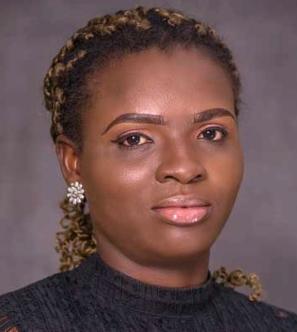

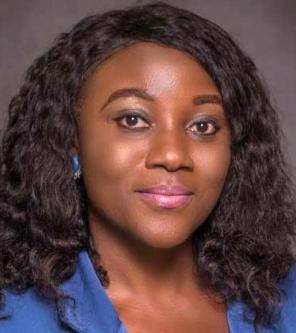

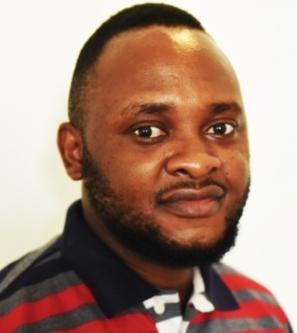
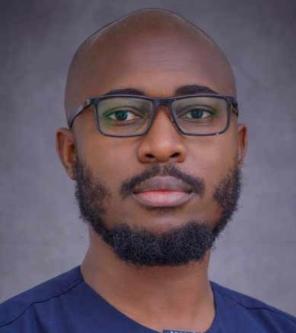
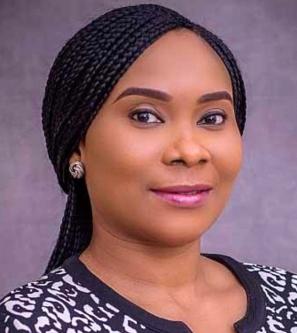

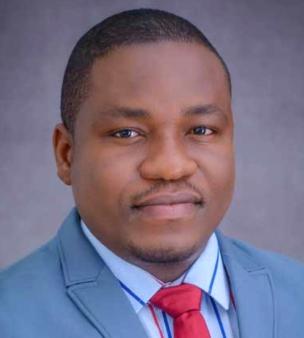
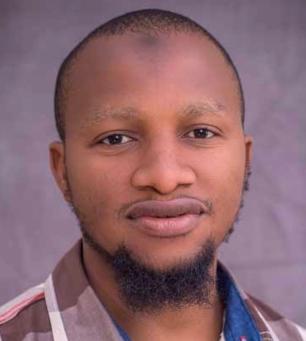
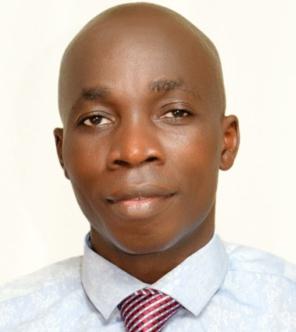
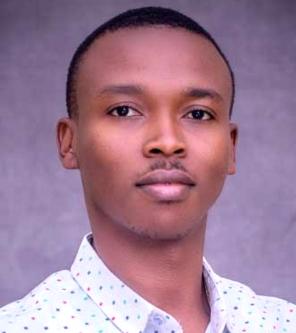
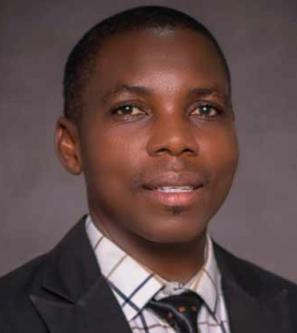
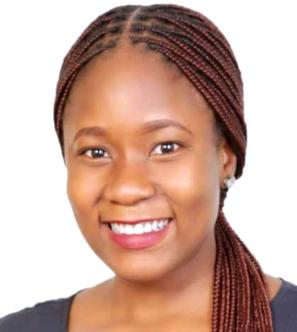
 Lateefa Musah Communica�ons Coordinator
Semira Agabu Execu�ve Assistant & Knowledge Management Coordinator
Ezekiel Odeh PM&E Coordinator
Laju Akperi PM&E Coordinator
Sunday Omori PM&E Coordinator
Abdulghaniyyu Is’haq G. Finance Officer
Shadrack Anigbo Project Accountant
Onyinyechi Afundu Project Accountant
Adaora Ezeokana Procurement & Grants Officer
Lewis Onwo IT Administrator
Everestus Ezeigbo IT Administrator
Ifeyinwa Nwosu Office Administrator
Yemi Omire Office Administrator
Gladys Melbury Office Administrator
Lateefa Musah Communica�ons Coordinator
Semira Agabu Execu�ve Assistant & Knowledge Management Coordinator
Ezekiel Odeh PM&E Coordinator
Laju Akperi PM&E Coordinator
Sunday Omori PM&E Coordinator
Abdulghaniyyu Is’haq G. Finance Officer
Shadrack Anigbo Project Accountant
Onyinyechi Afundu Project Accountant
Adaora Ezeokana Procurement & Grants Officer
Lewis Onwo IT Administrator
Everestus Ezeigbo IT Administrator
Ifeyinwa Nwosu Office Administrator
Yemi Omire Office Administrator
Gladys Melbury Office Administrator
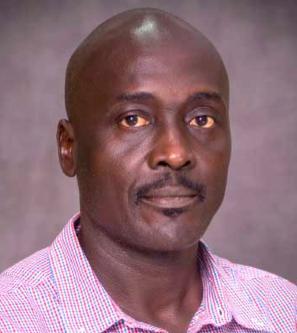
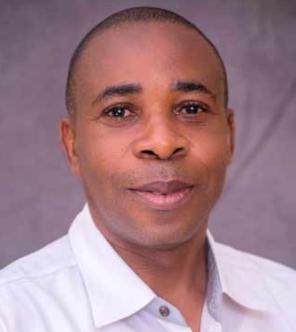
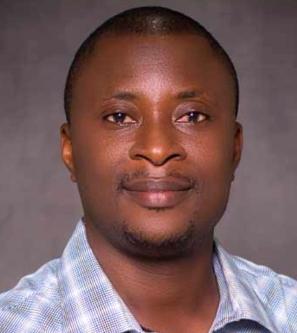
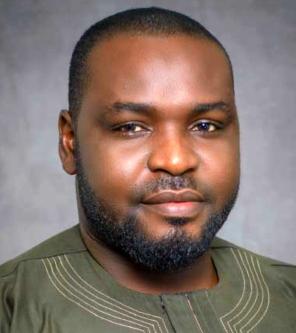
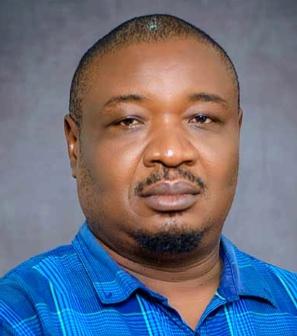
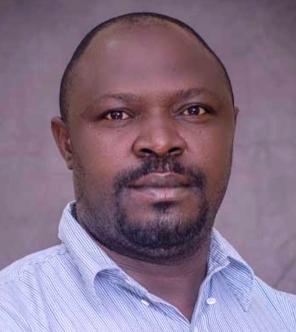
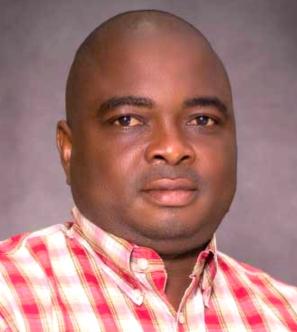
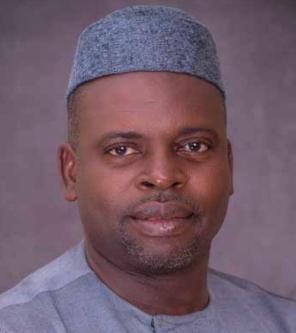

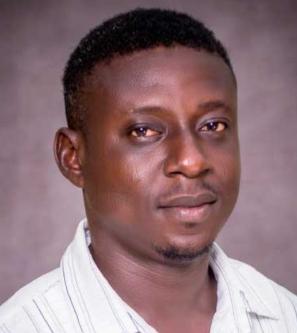



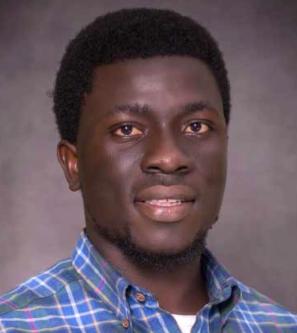 Emmanuel Uroye Office Assistant
Lore�a Eboma Office Assistant
Samuel London Driver
Kehinde Igboro Driver
James Onalo Isaac Dusu Ikechukwu Ehirim
Prince Nwuju Office Assistant
Blessing Iyabia Office Assistant
Pius Uwa Driver Driver Driver Driver
Frank Ukpong Driver Omoruyi Uwagbor
Emmanuel Uroye Office Assistant
Lore�a Eboma Office Assistant
Samuel London Driver
Kehinde Igboro Driver
James Onalo Isaac Dusu Ikechukwu Ehirim
Prince Nwuju Office Assistant
Blessing Iyabia Office Assistant
Pius Uwa Driver Driver Driver Driver
Frank Ukpong Driver Omoruyi Uwagbor
Peacebuilding, Integrated Peace and Development Unit

April 2022-March 2023

I first learned about PIND during the celebra�on of its 10th anniversary in 2021. There was an online compe��on with a chance to win amazing prizes. I par�cipated and came second. A�er that, I followed PIND on all its social media pla�orms, and when the internship posi�on came up, I applied and got in. I chose to intern at PIND because I was interested in their various ac�vi�es and their impact on young people in the Niger Delta. I believed it would be a fantas�c opportunity for me to learn, grow and contribute to society in an impac�ul way.
For a fresh graduate who didn’t know what to expect from working a nine-to-five, PIND gave me a healthy perspec�ve. I learned good work ethics, commitment, passion, and teamwork. Every task allowed me to challenge myself and be my best. The most beau�ful thing was seeing the leaders working twice as hard as the other team members to ensure the job was done.
PIND gives room to succeed and reach for the sky with a unique organiza�onal structure for learning and growing. All the experience gained in the past year has opened doors to greater opportuni�es and inspired a zeal to pursue work in the development sector.
Jolomi Akperi Business Development Unit January-December 2022I first learned about PIND when I was searching for internship opportuni�es in the development sector. What interested me about the organiza�on was its focus on sustainable development, community engagement, and capacity-building ini�a�ves. Its successful projects and the posi�ve reviews from former interns impressed me.
I worked in the Business Development Unit. I enjoyed the strong focus on collabora�on and teamwork. It was a great experience working closely with colleagues from different units and sharing ideas. I also appreciated the

opportuni�es for professional growth, such as a�ending conferences and training sessions. Overall, the company culture was very suppor�ve and encouraged innova�on, which made for an enjoyable and fulfilling work experience.
The best thing I learned was managing my �me and priori�zing my tasks effec�vely. Before joining the team, I struggled with managing my workload and o�en felt overwhelmed. I have learned how to priori�ze my tasks be�er and break them down into manageable pieces. This has significantly reduced my stress levels. I s�ll use the skills which have been invaluable in my career development.
October 2021-September2022

I worked in the PM&E Unit and enjoyed going to the field to interact with the beneficiaries of PIND’s various interven�ons. It exposed me to what an economic development program is about in terms of impac�ng smallholder farmers’ lives and ensuring the sustainability of economic ac�vi�es that benefit the en�re region through the market systems approach.
At PIND, I learned how to work collabora�vely with colleagues and partners and relate with people based on their personali�es. This has greatly improved my emo�onal intelligence. I want prospec�ve interns to know that PIND is a great place to work and build their capacity while contribu�ng to making a social difference in the Niger Delta.

If given another opportunity, I would work at PIND again. There are lots of impac�ul projects I would love to be part of. Also, PIND’s objec�ves and vision for the region align with mine, so I would welcome the chance to work there again.
Edidiong Umoh Finance UnitMay 2022-March 2023
I worked in PIND as a Na�onal Youth Service Corps member. I studied Accoun�ng at the University of Uyo, Akwa Ibom, where I graduated with a second-class upper credit. Working in PIND's Finance Unit was an excellent opportunity to apply my knowledge and prac�cal experience in financial management. I was also excited to be part of an organiza�on making a posi�ve impact in my community and contribu�ng to the development of the Niger Delta region.
I want others to know about PIND's commitment to sustainable development and poverty reduc�on in the Niger Delta. PIND is doing important work, and its focus on collabora�on and partnership is cri�cal to its success. I plan to obtain cer�fica�on as a chartered accountant and build a successful career in accoun�ng and finance. I also wish to take up volunteering and community service projects. The skills and experience I gained at PIND have equipped me with the tools and knowledge necessary to achieve my goals. The collabora�ve work culture at PIND has shown me the importance of teamwork and effec�ve communica�on in achieving goals. I plan to carry these values into my future career and con�nue working collabora�vely with others to achieve success.





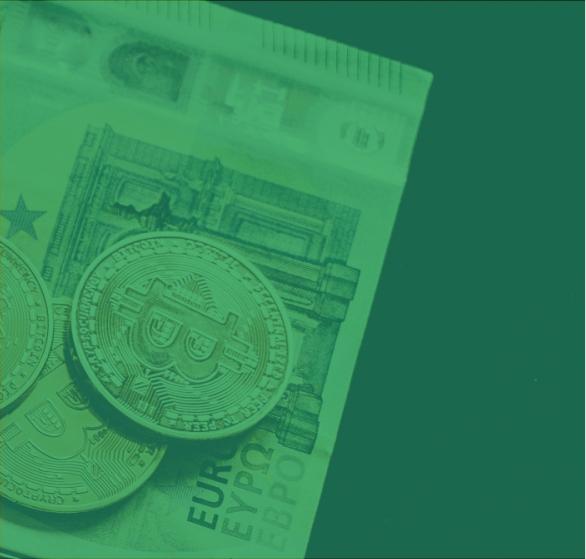



FOUNDATION FOR PARTNERSHIP INITIATIVES IN THE NIGER DELTA
REPORT OF THE INDEPENDENT AUDITORS FOR THE YEAR ENDED 31 DECEMBER, 2022





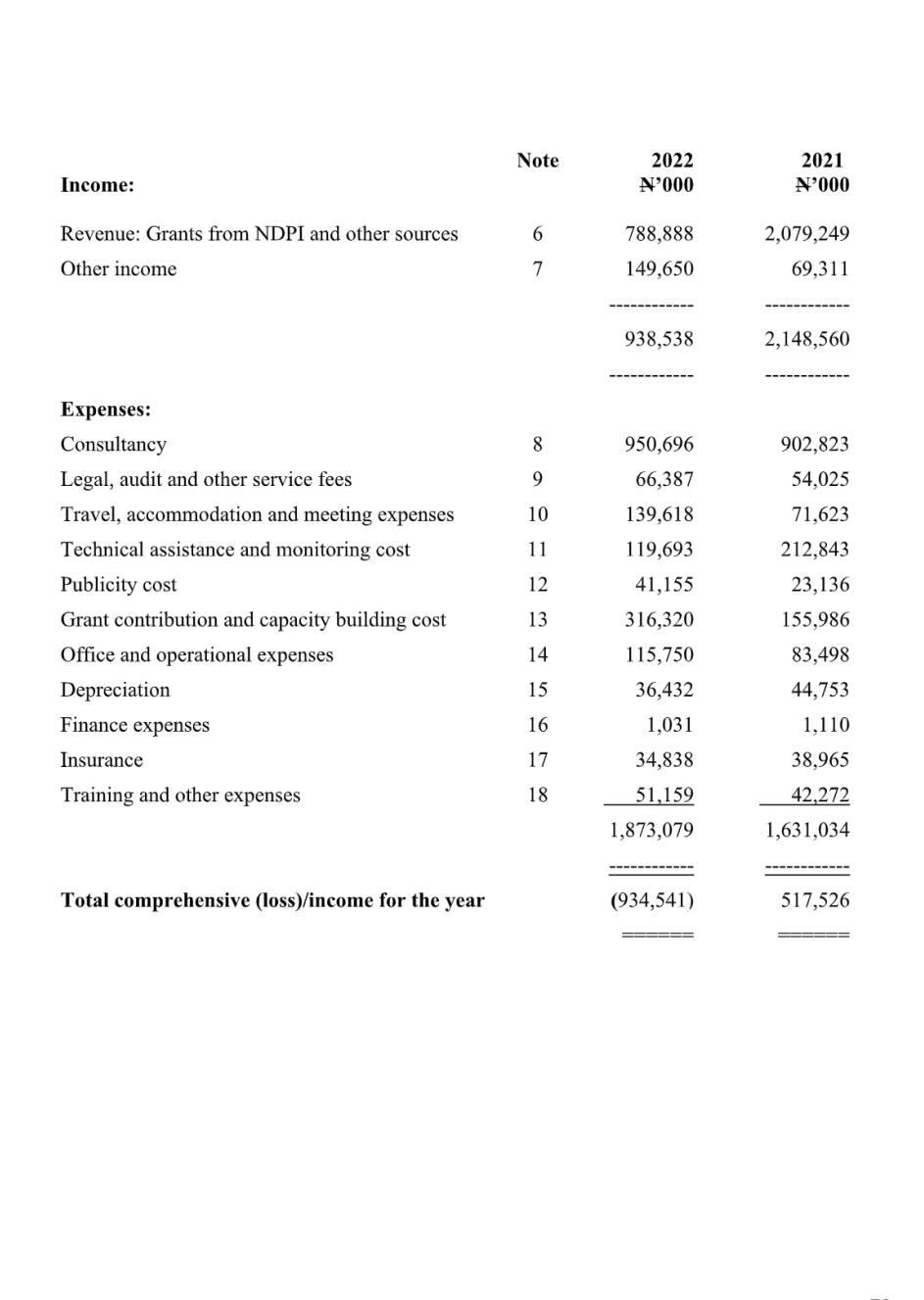

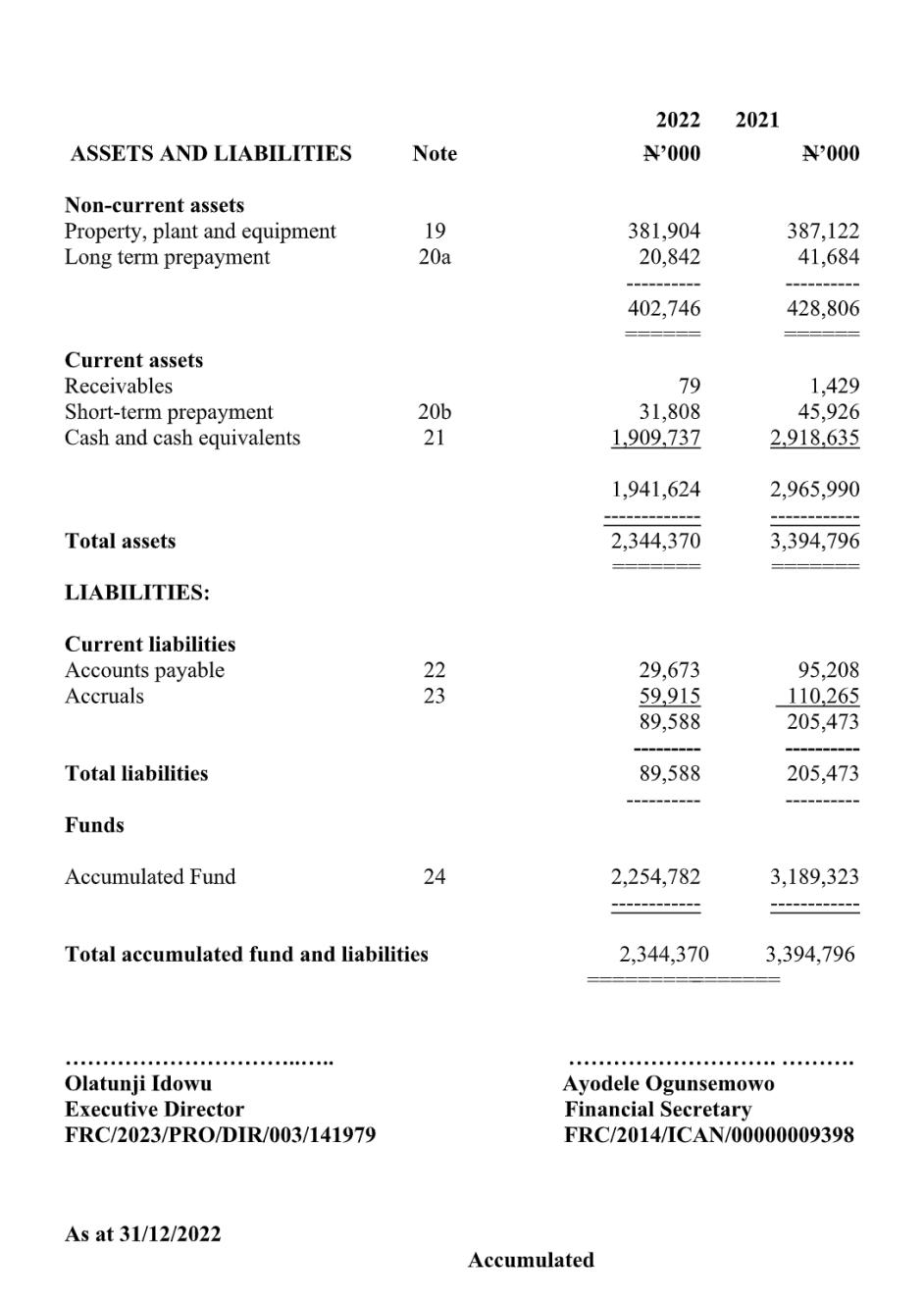

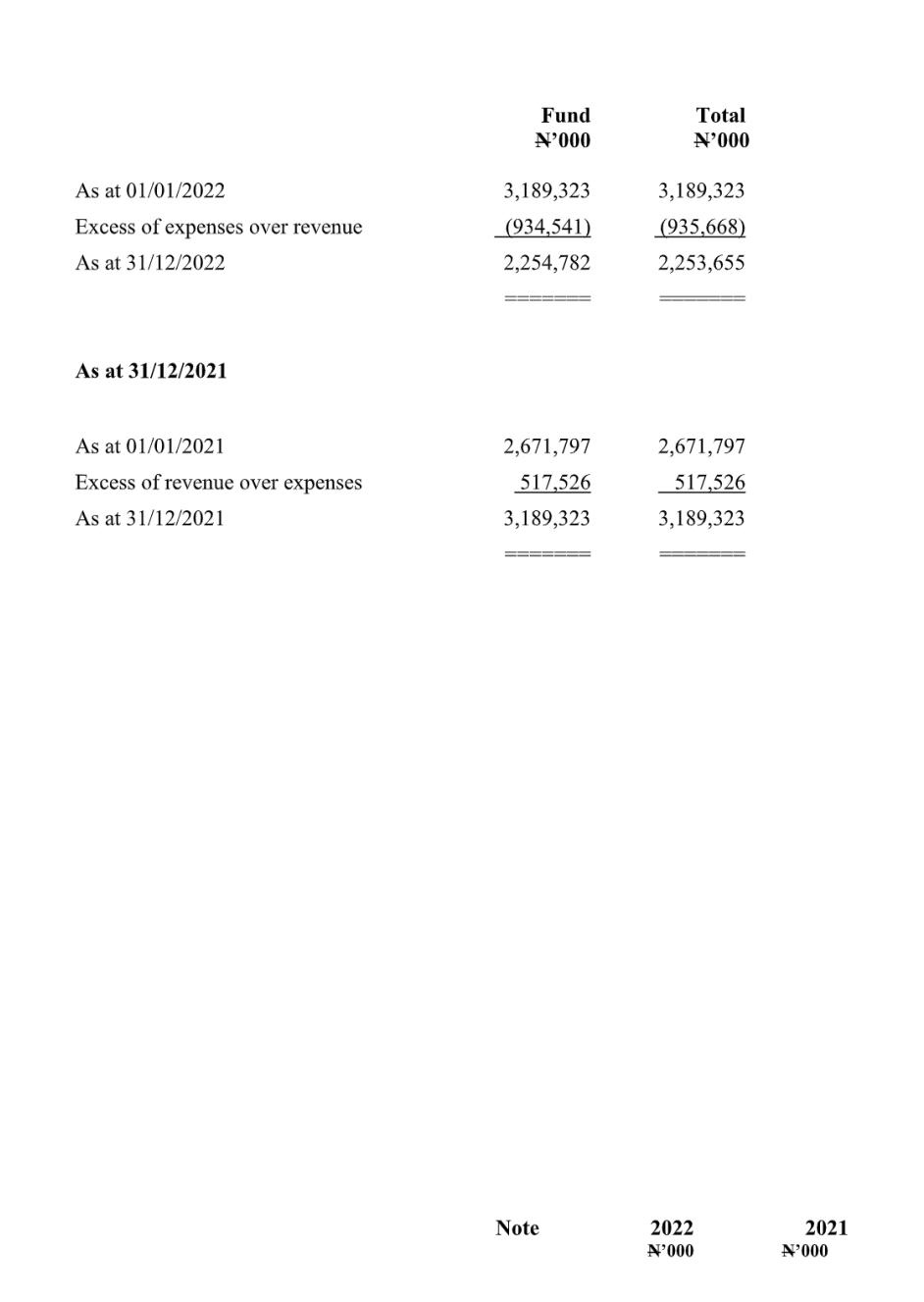

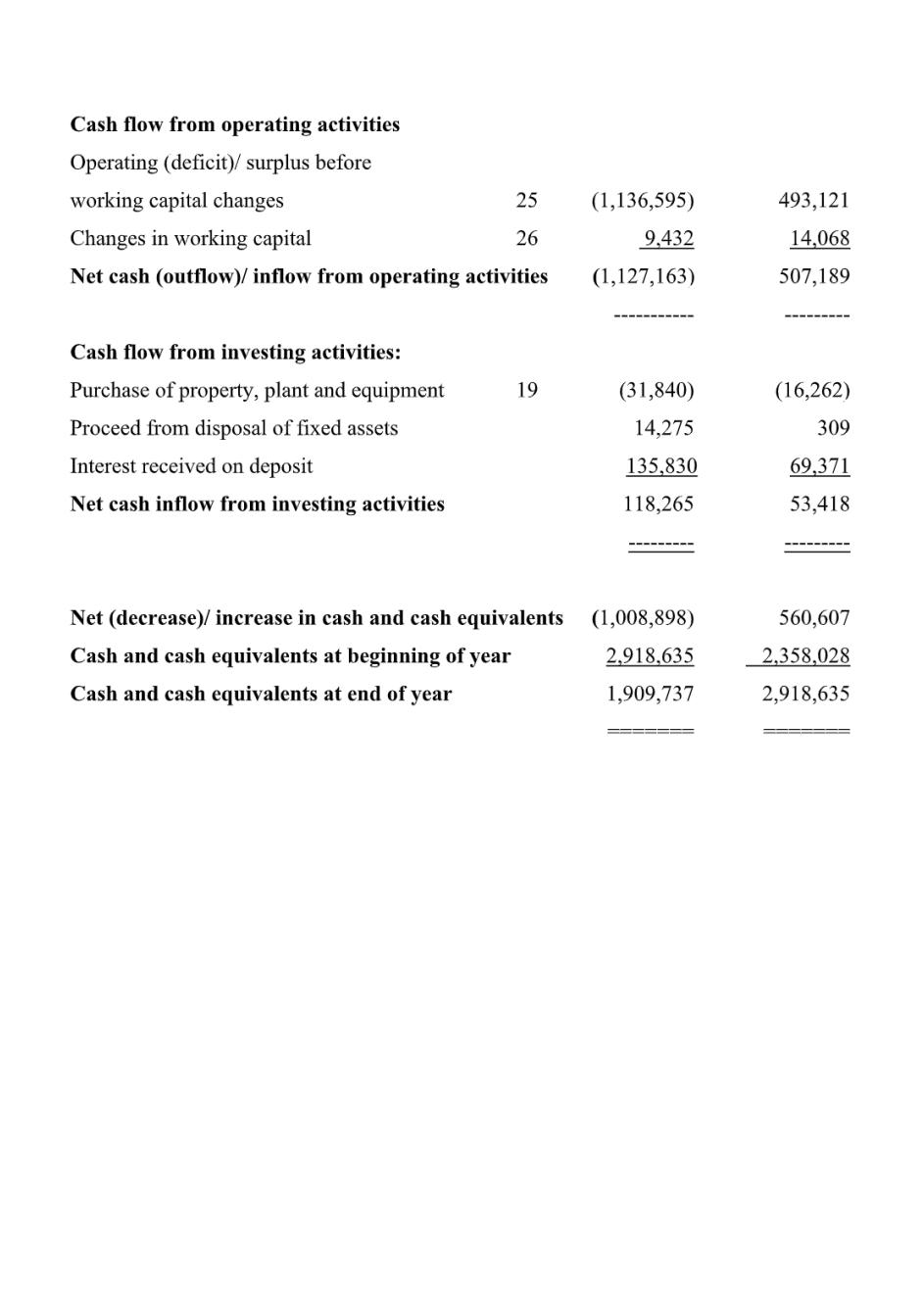
NGN 68.2 billion in addi�onal investments influenced from government, donor agencies and private sector
76,780 new full-�me jobs created in sectors supported by PIND
989,825 farmers & micro, small and medium enterprises (MSMEs) reached with informa�on on best prac�ces and technological innova�ons
Over 11,000 peace actors facilitated through the Partners for Peace (P4P) Network, with their capaci�es strengthened to tackle conflict in the Niger Delta
NGN 1.03 billion accrued in savings by community users of PIND-facilitated renewable energy solu�ons
3,539 businesses and households gained access to electricity
503,563 farmers & MSMEs enabled with improved knowledge, a�tude and prac�ces (KAP) that increased their produc�vity
1,114 emerging conflicts mi�gated by peace actors in their communi�es to sustain economic ac�vi�es
6,179 young people with empowered with market relevant skills in emerging growth sectors
NGN 72.3 billion of addi�onal income earned by the farmers & MSMEs
38,622 Niger Delta conflict data points for early warning & early response (EWER) recorded on the Peace Maps.
2,228 young people linked to waged employment and enterprise start-ups in emerging growth sectors
Par�cipants at a PIND Market Systems Development learning and knowledge sharing workshop for service providers in Warri, Delta State in June, 2022


CONTACT:
25 Jimmy Carter Crescent, Asokoro, Abuja, Nigeria
Email: info@pindfounda�on.org
Website: www.pindfounda�on.org
@pindfounda�on
“Building Partnerships for Peace and Equitable Development in Nigeria's Niger Delta”
Design & Print: Dinovate Solu�ons +2348172401579